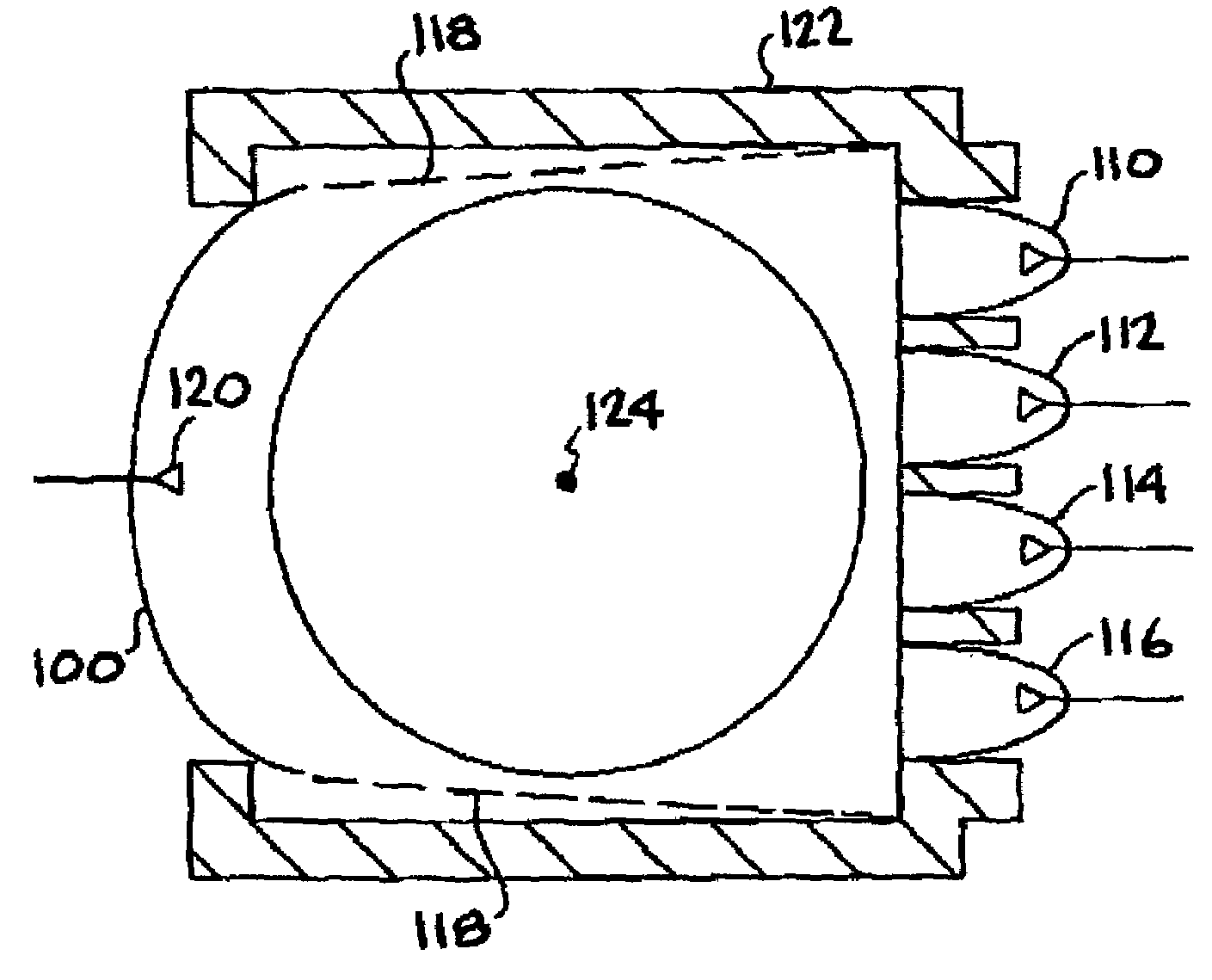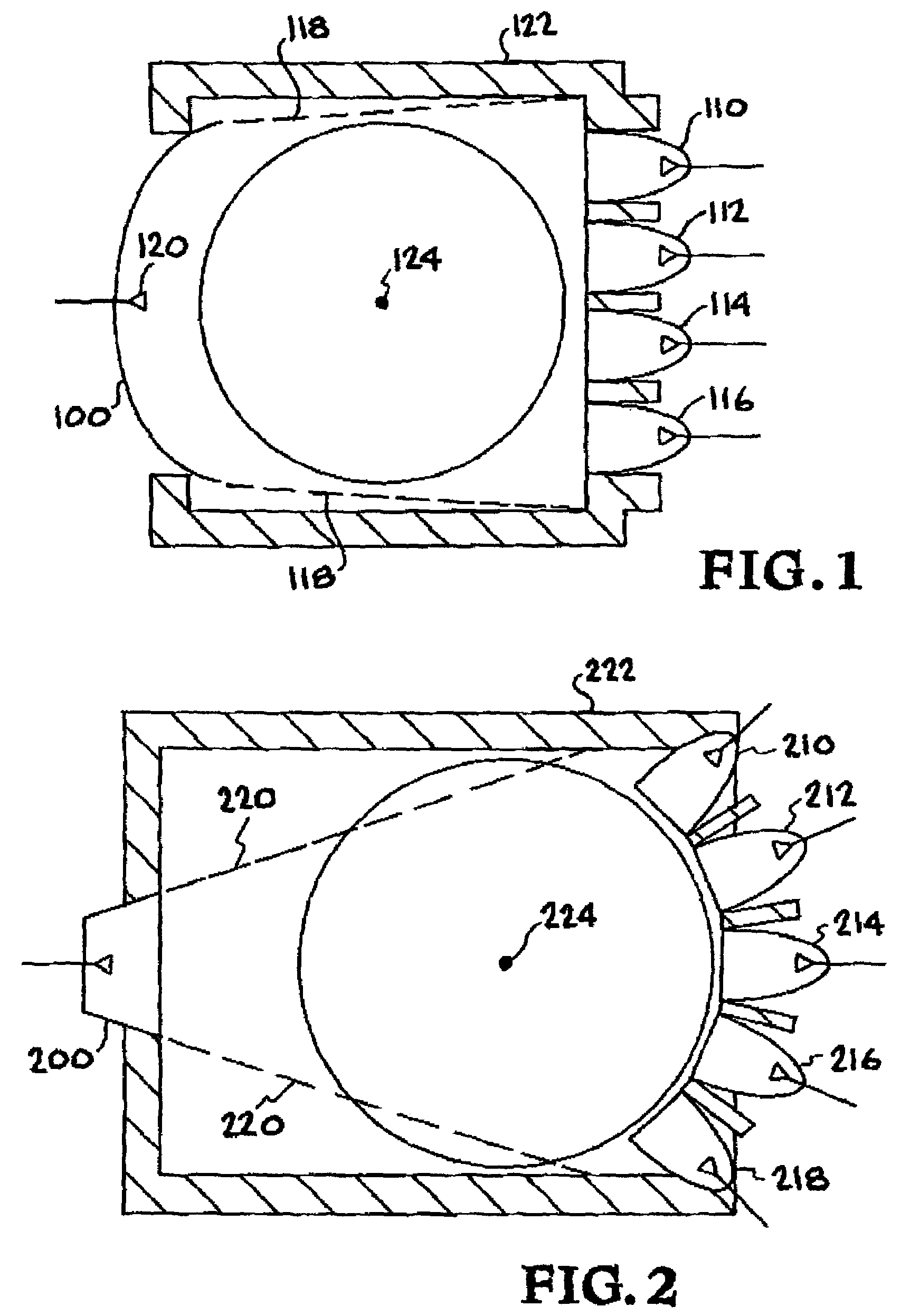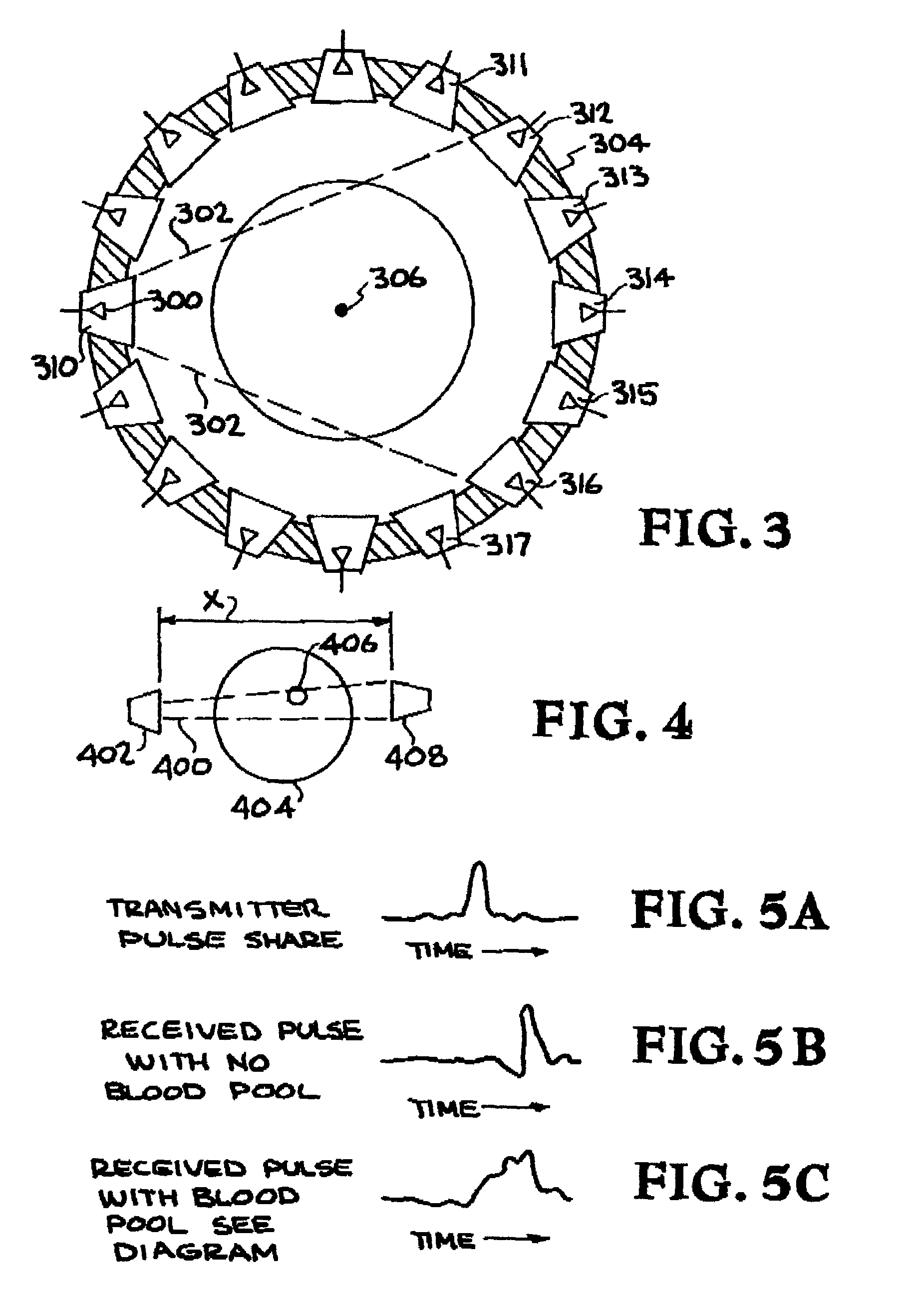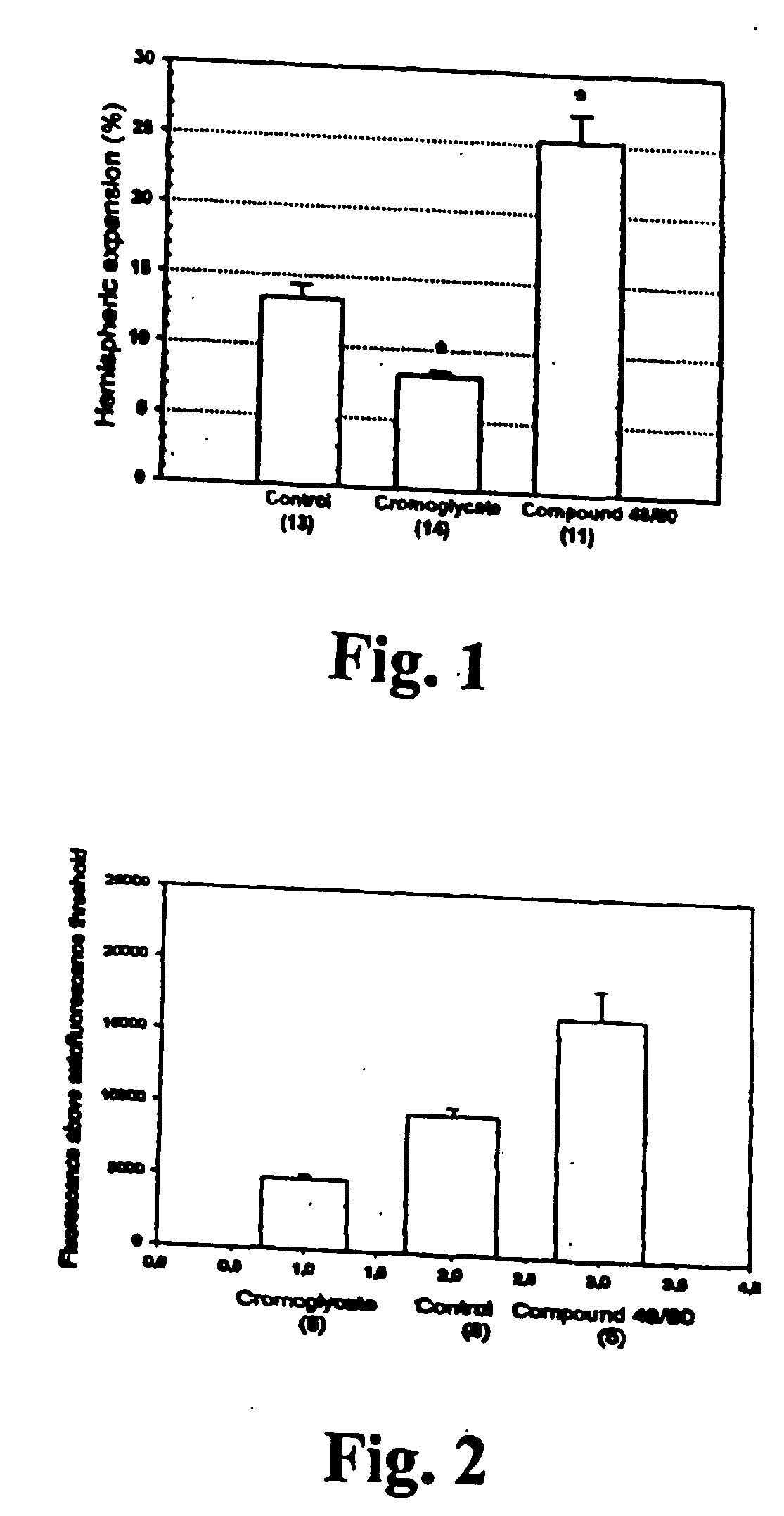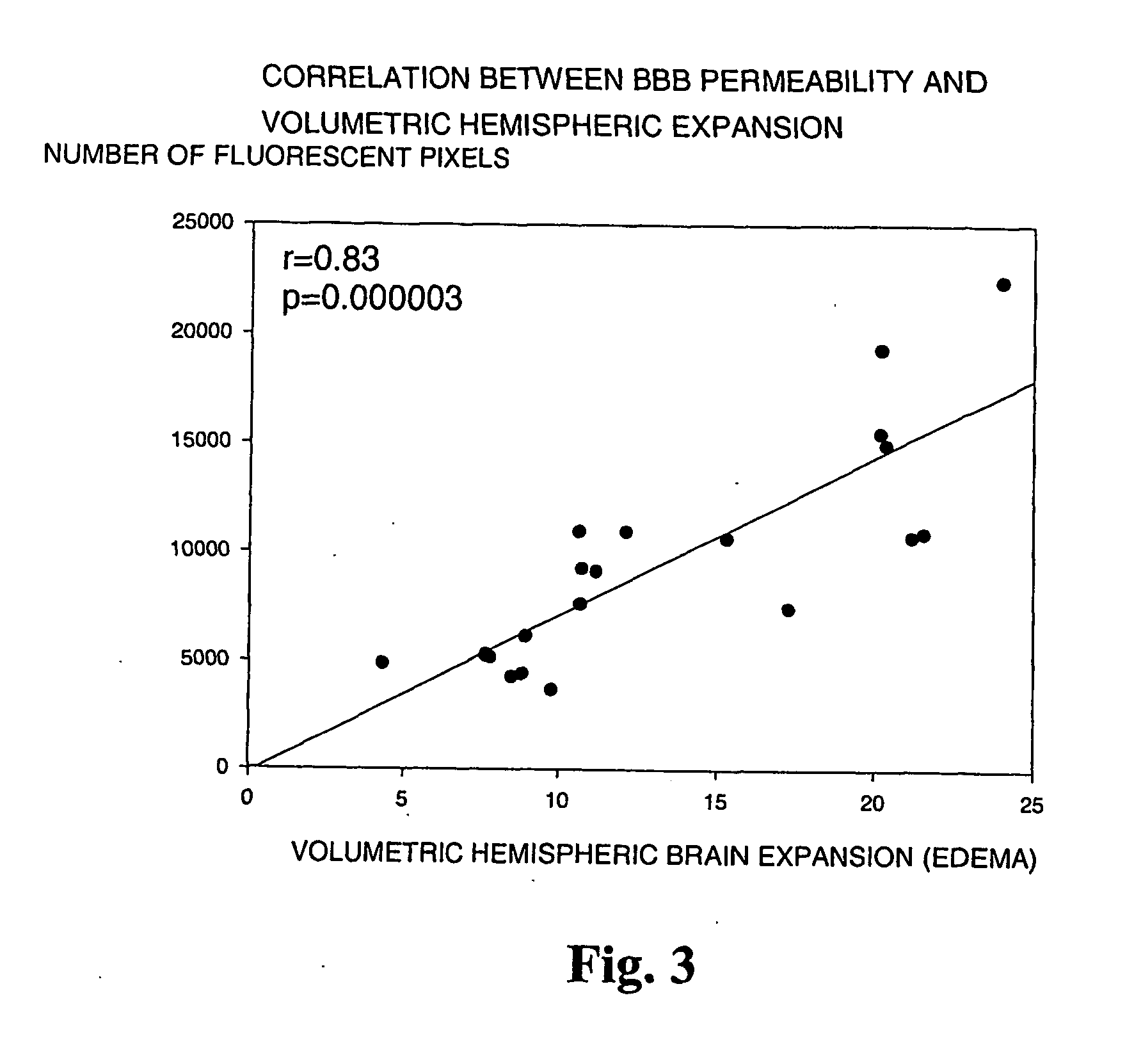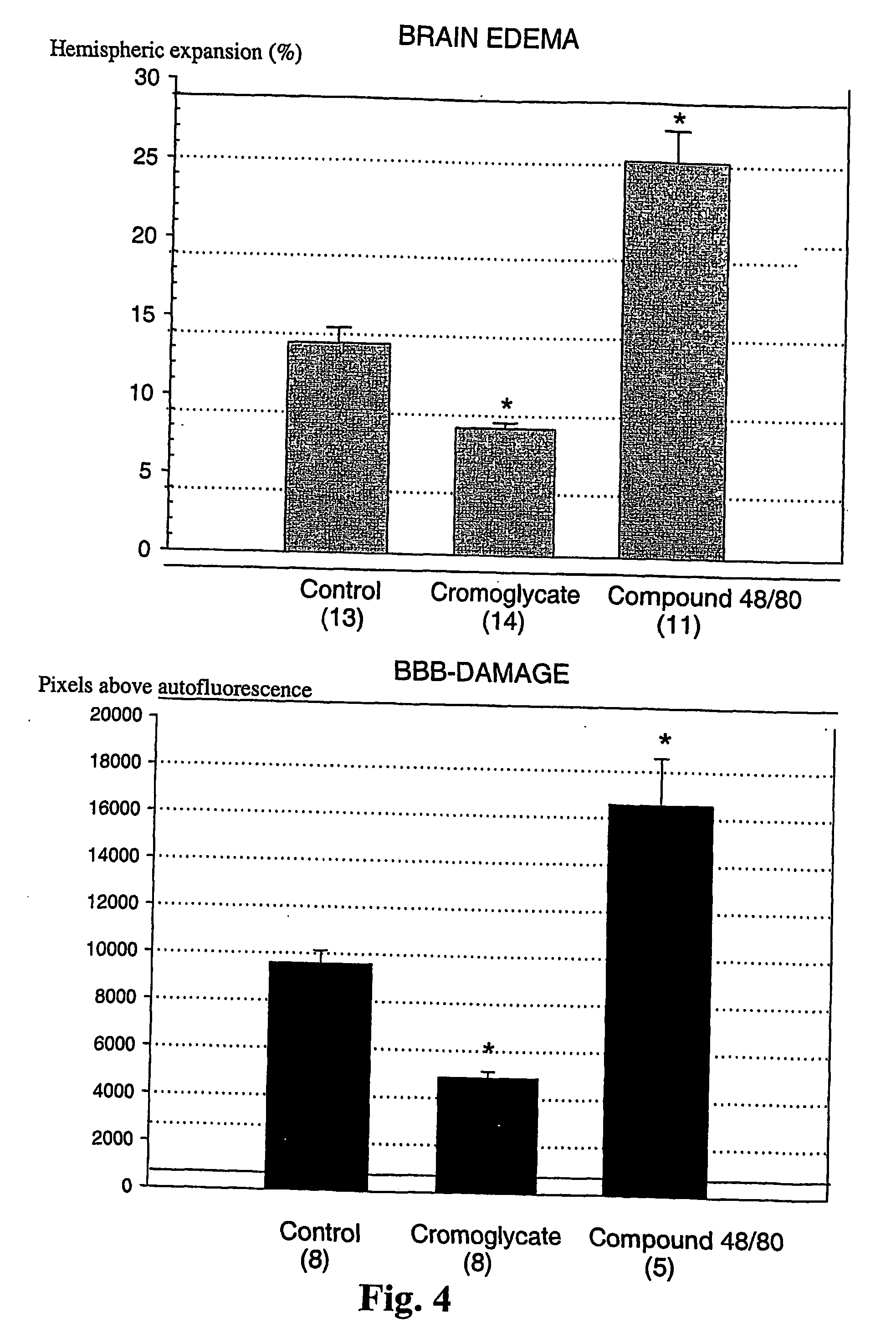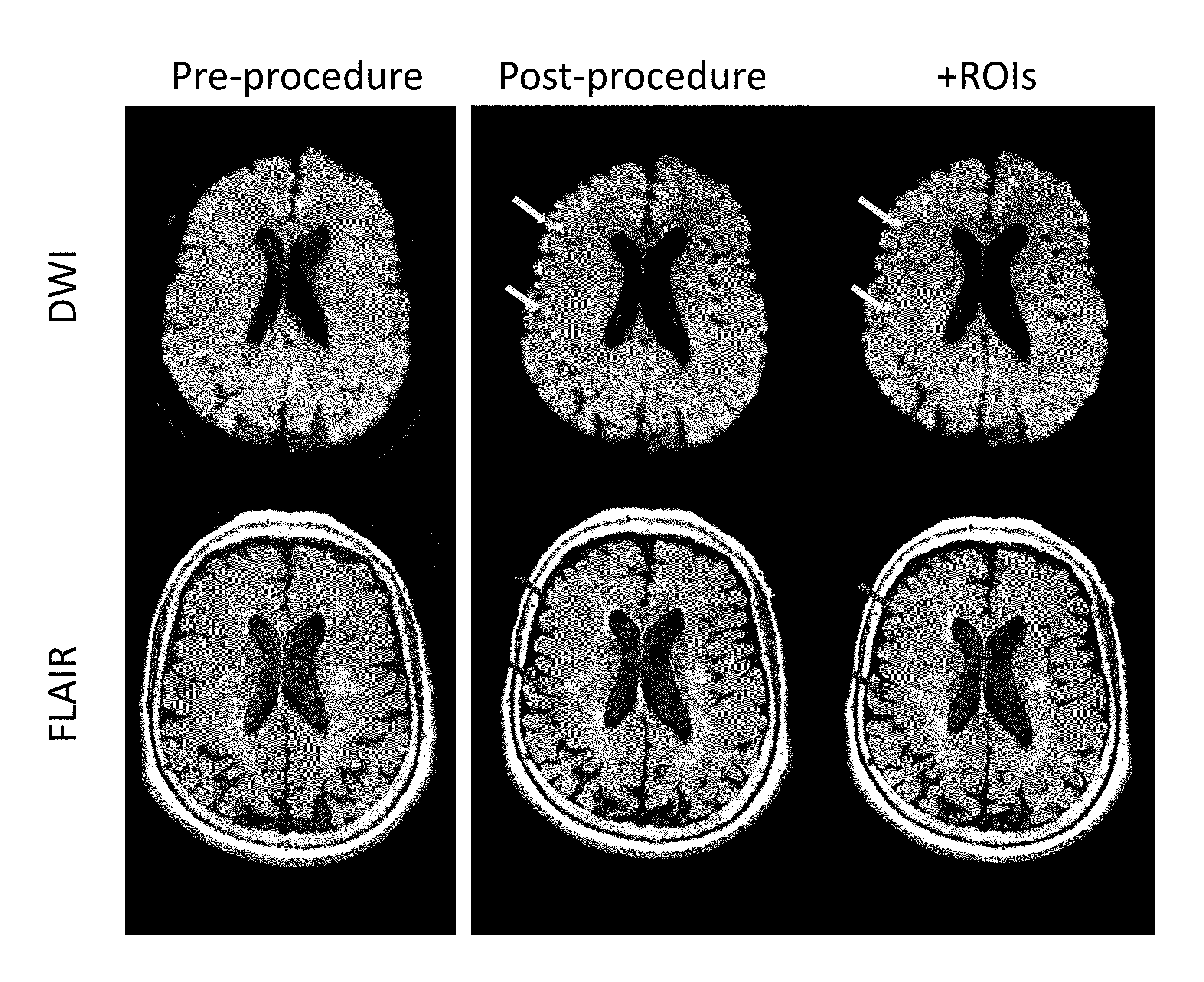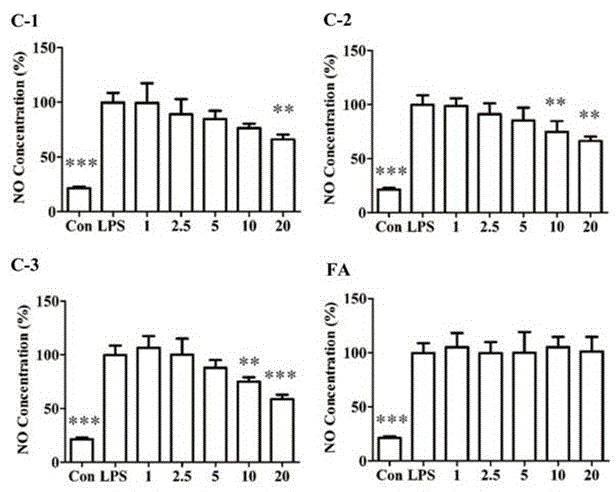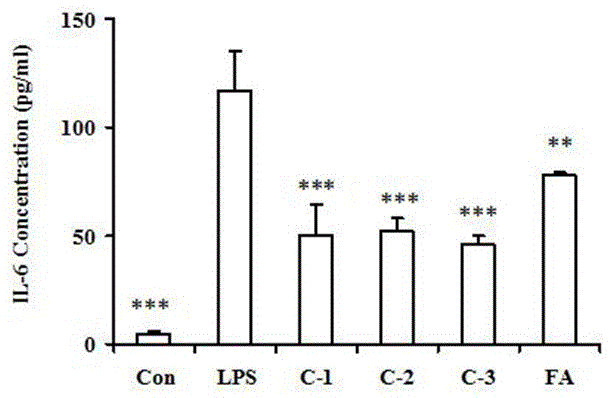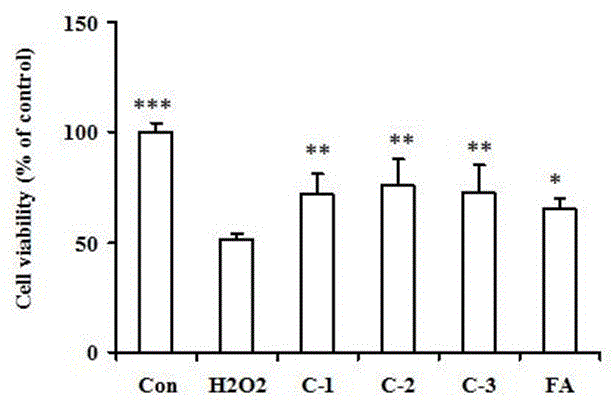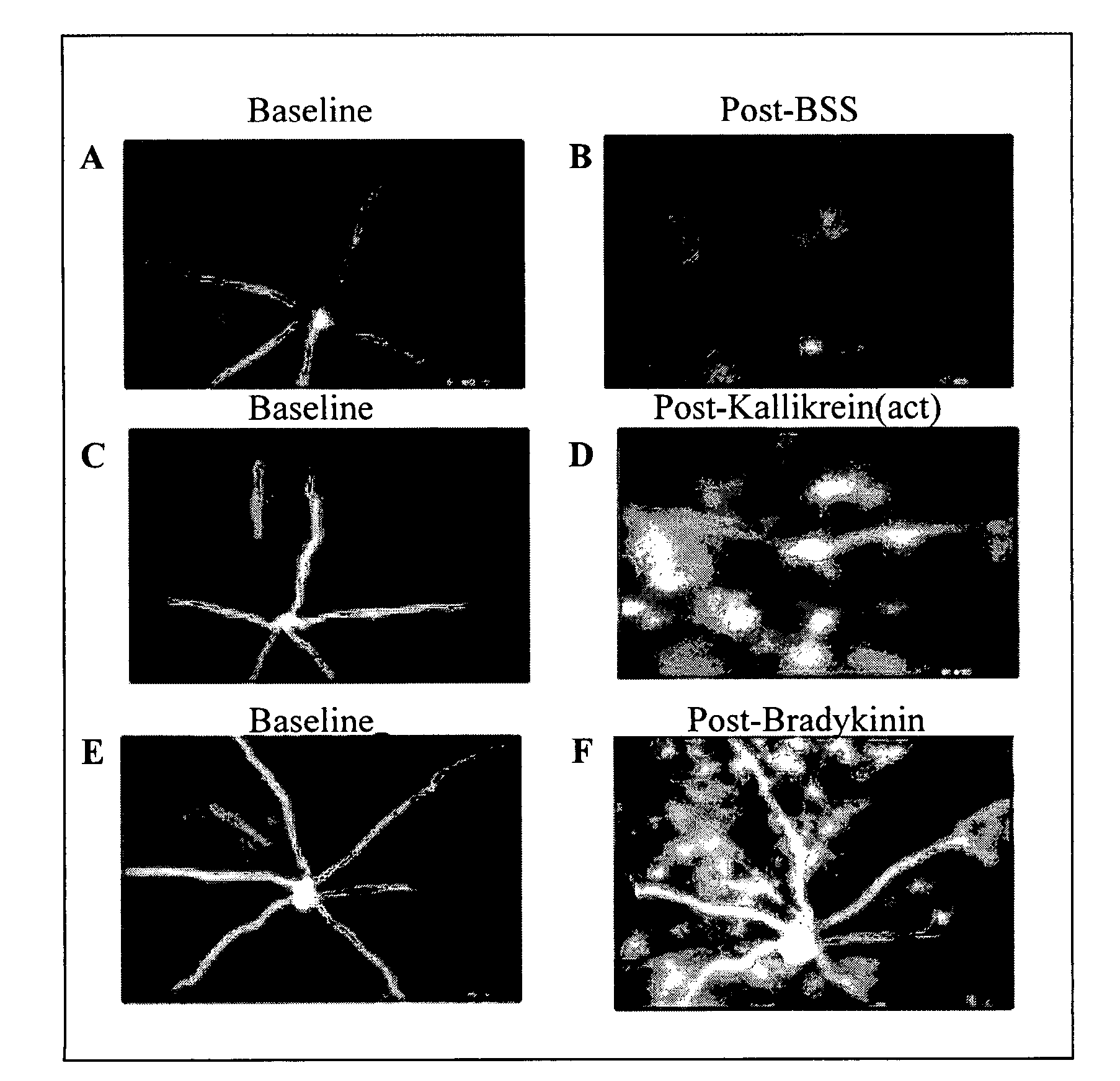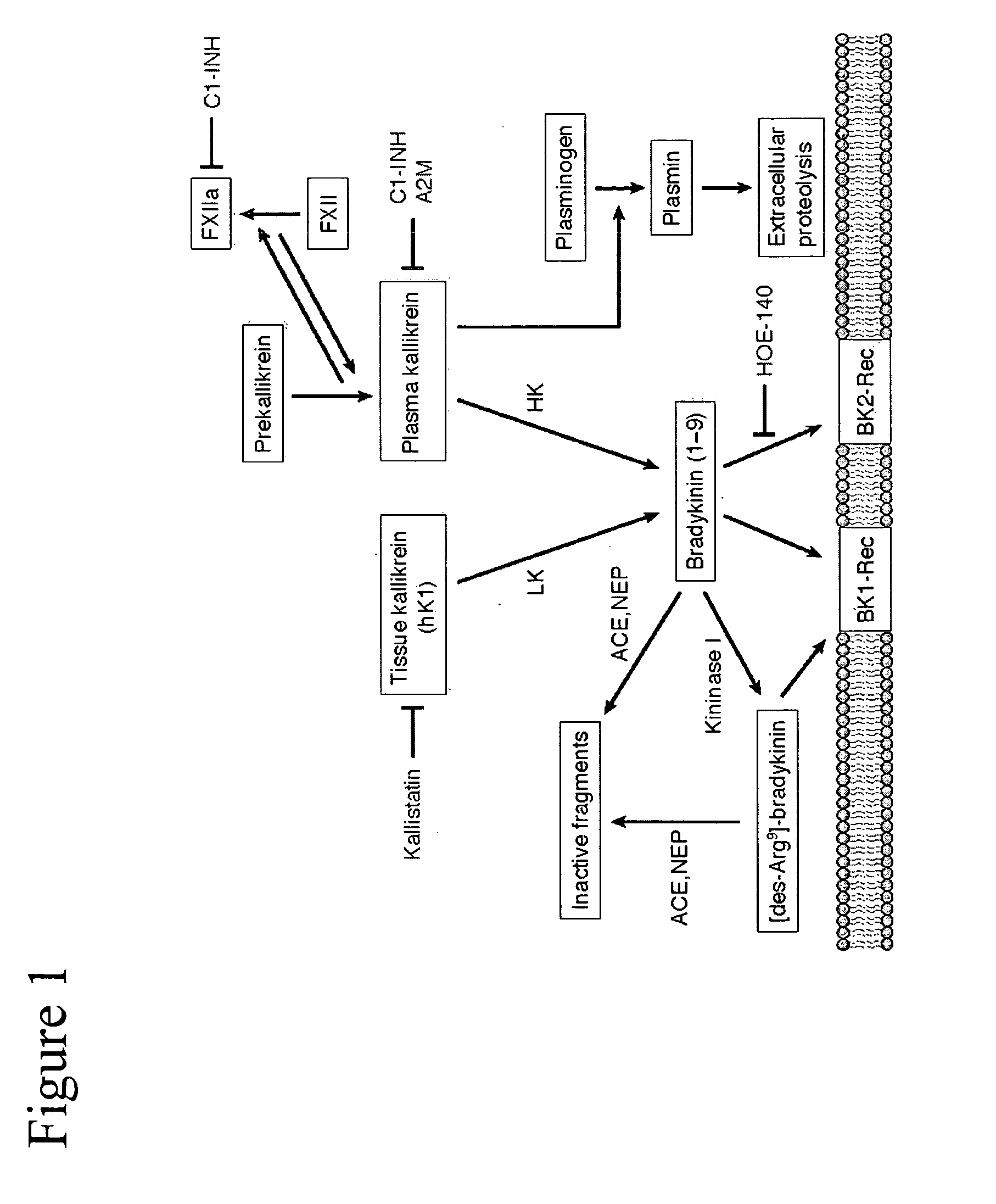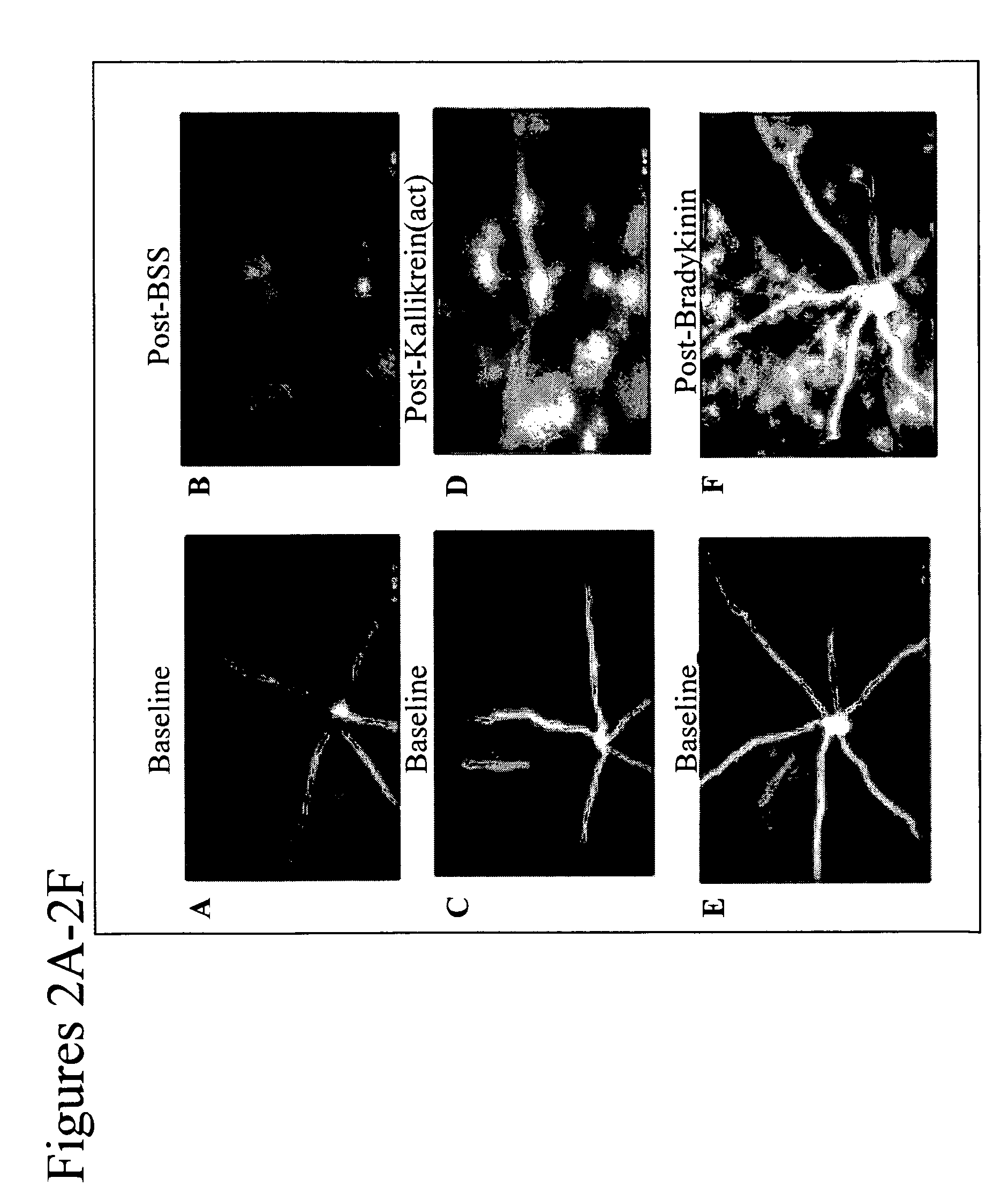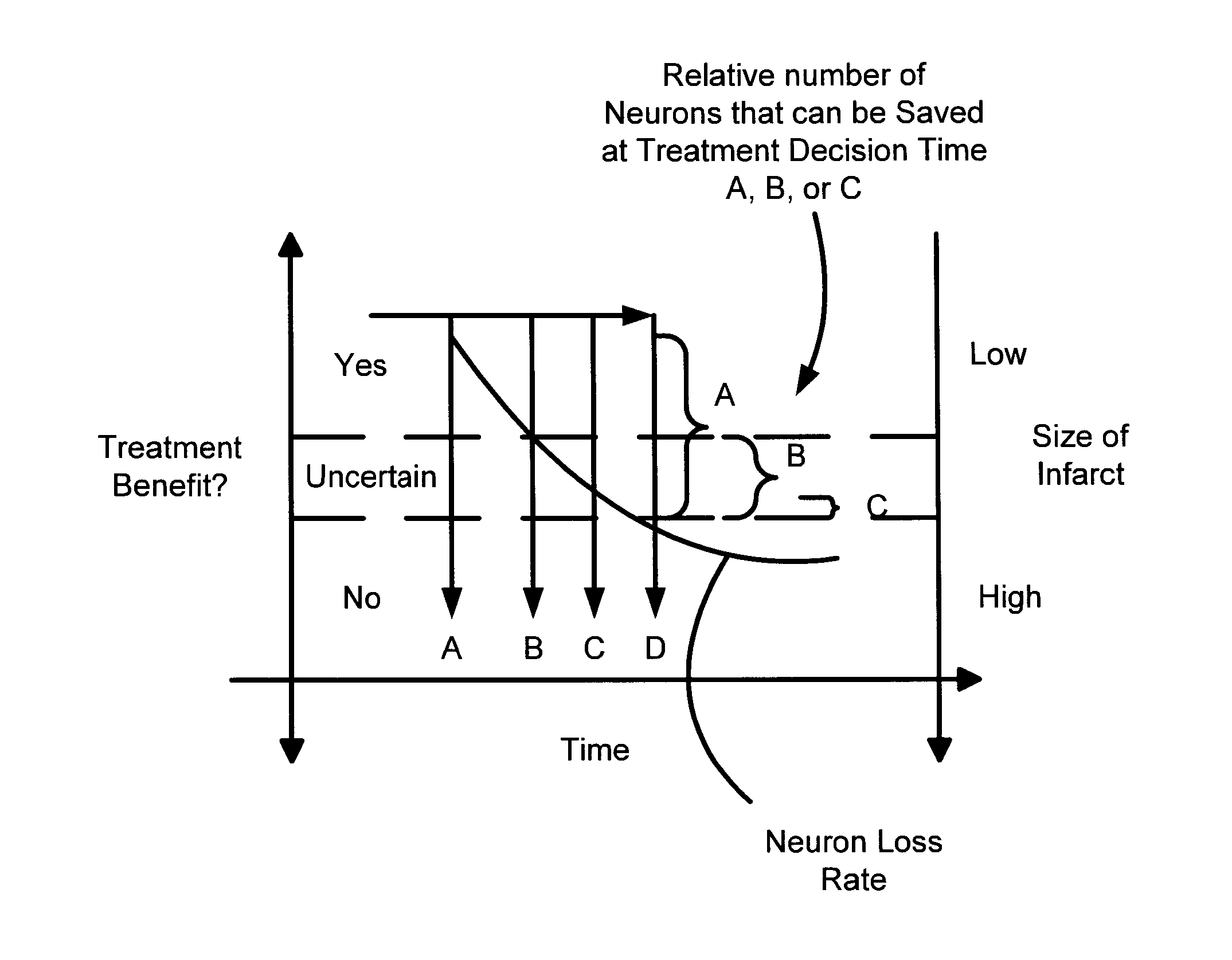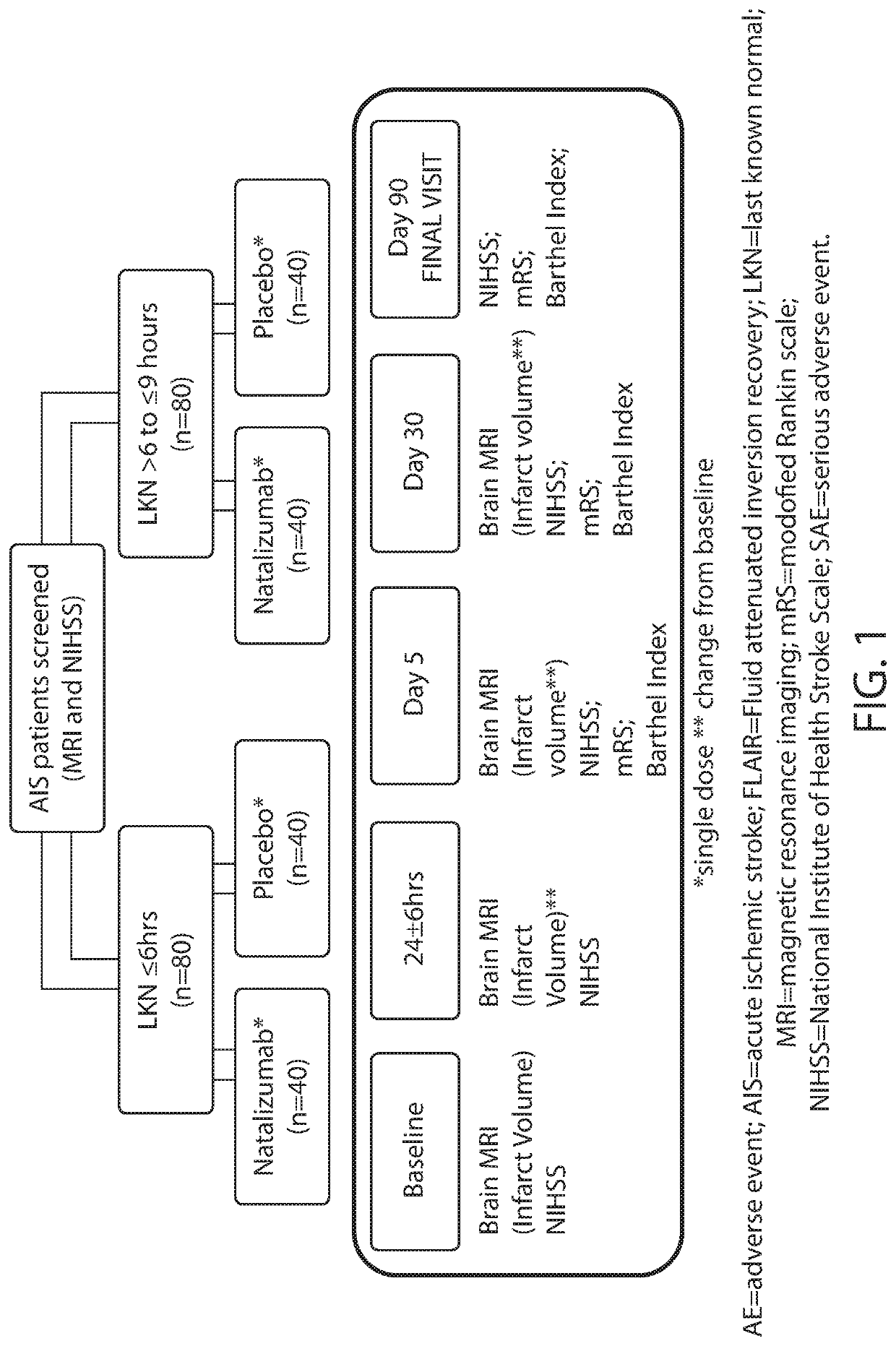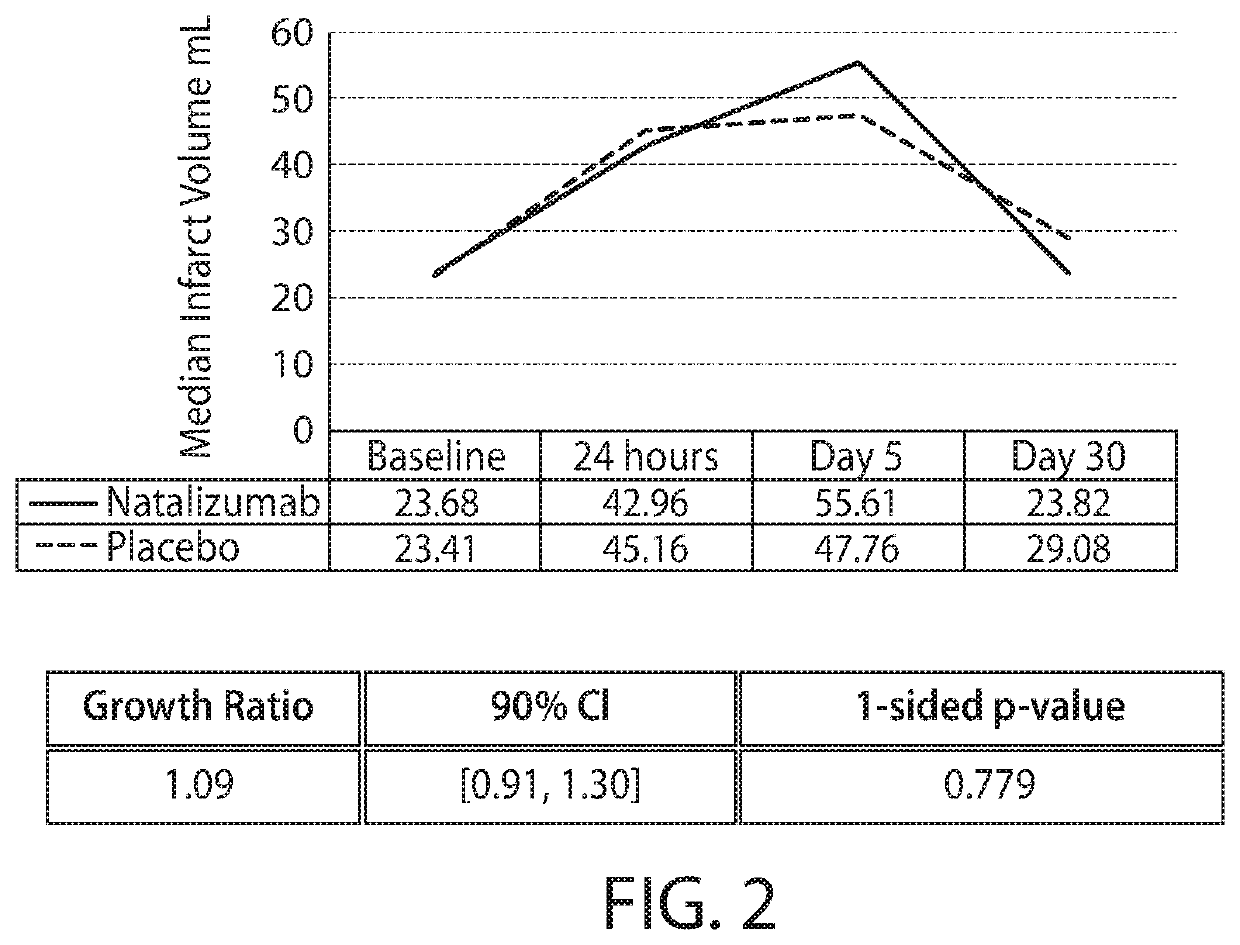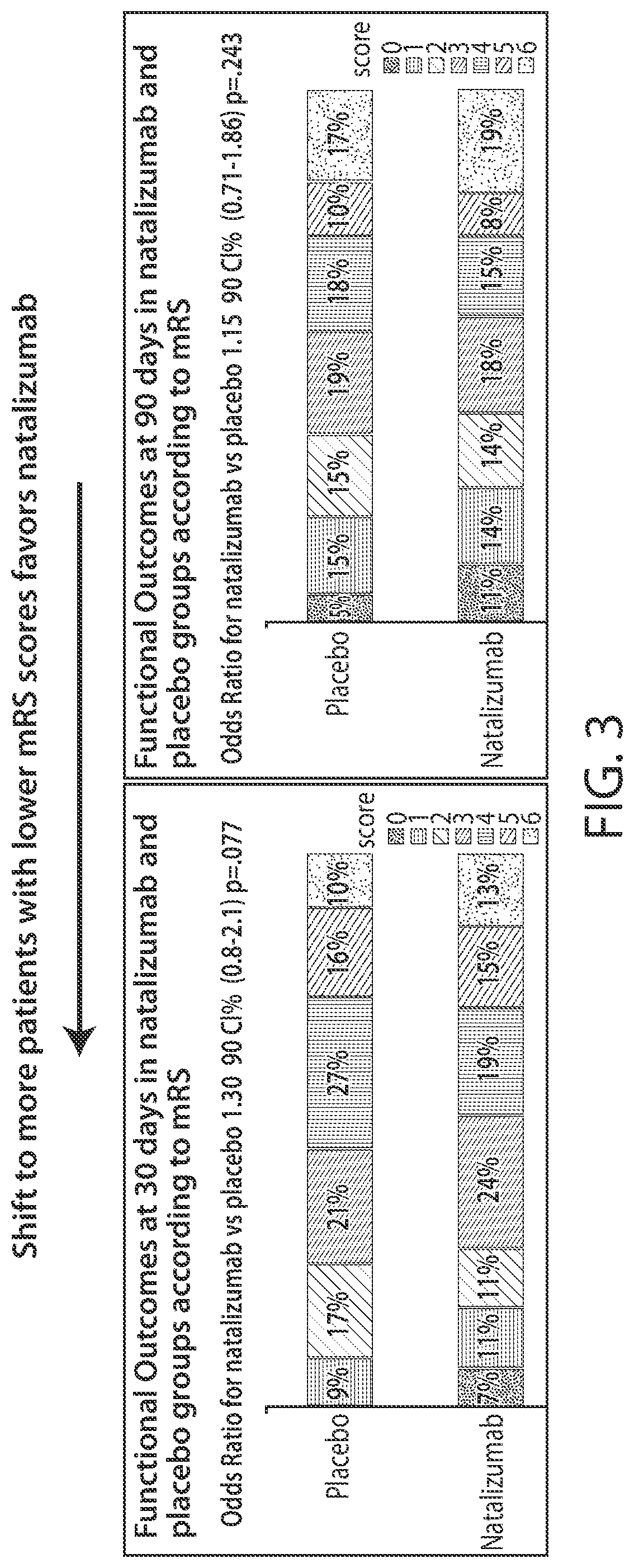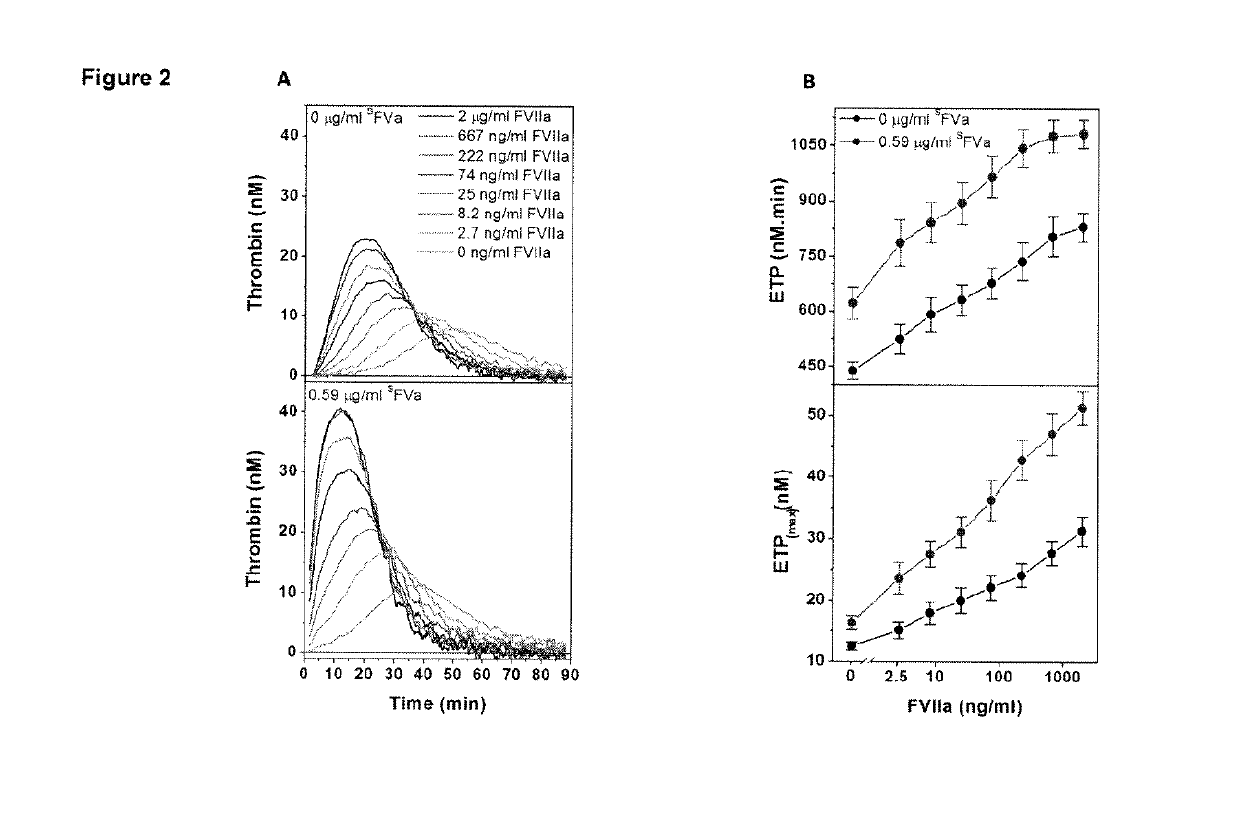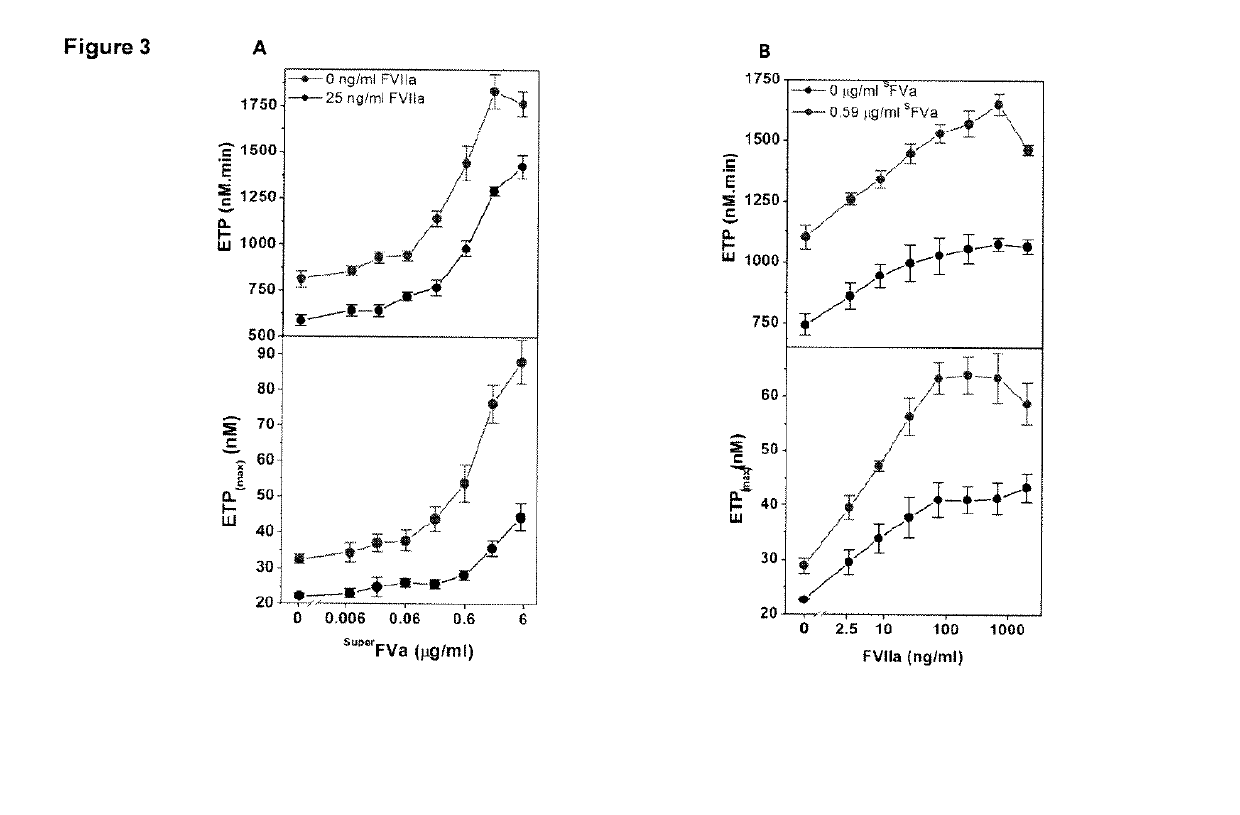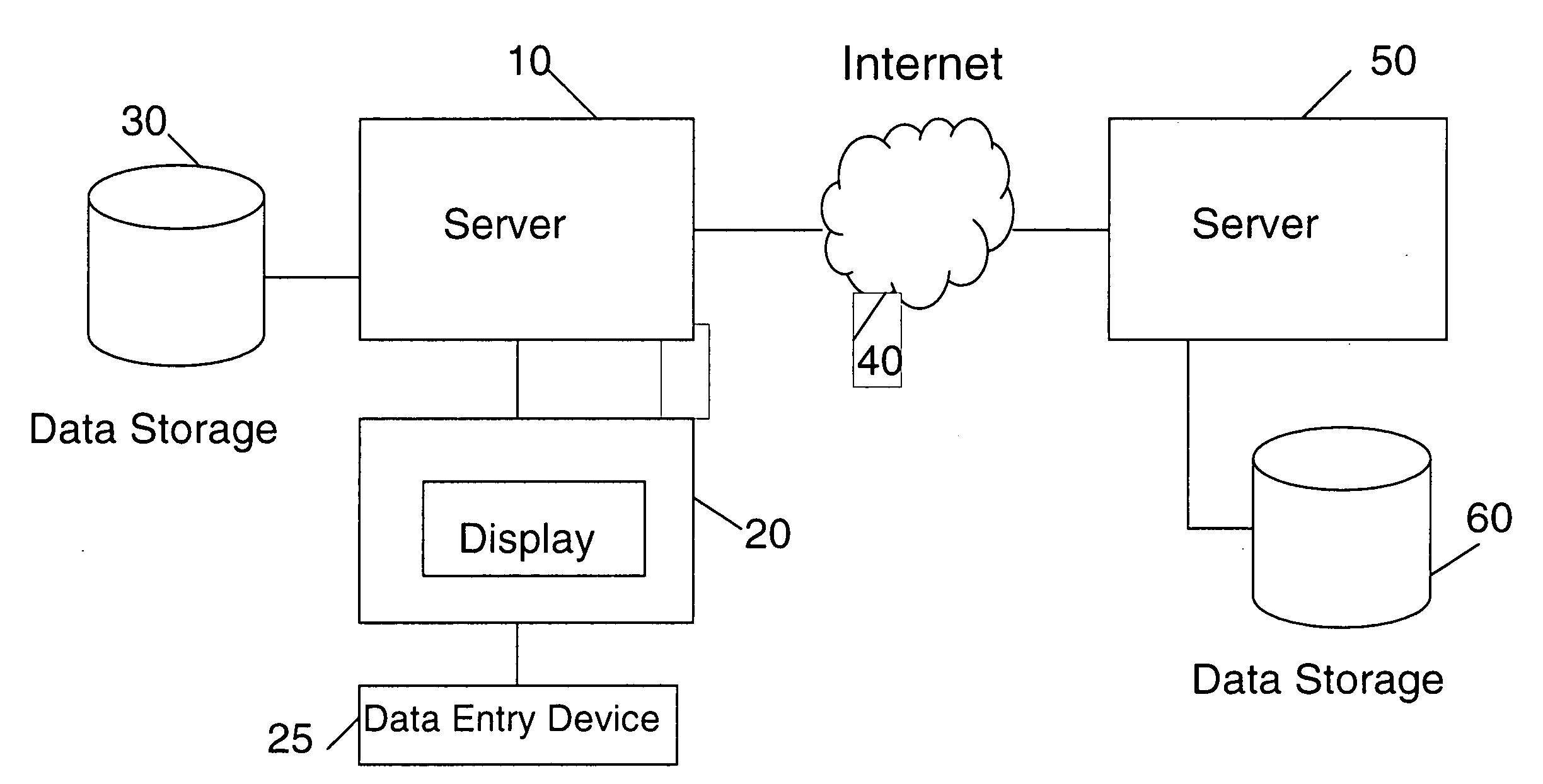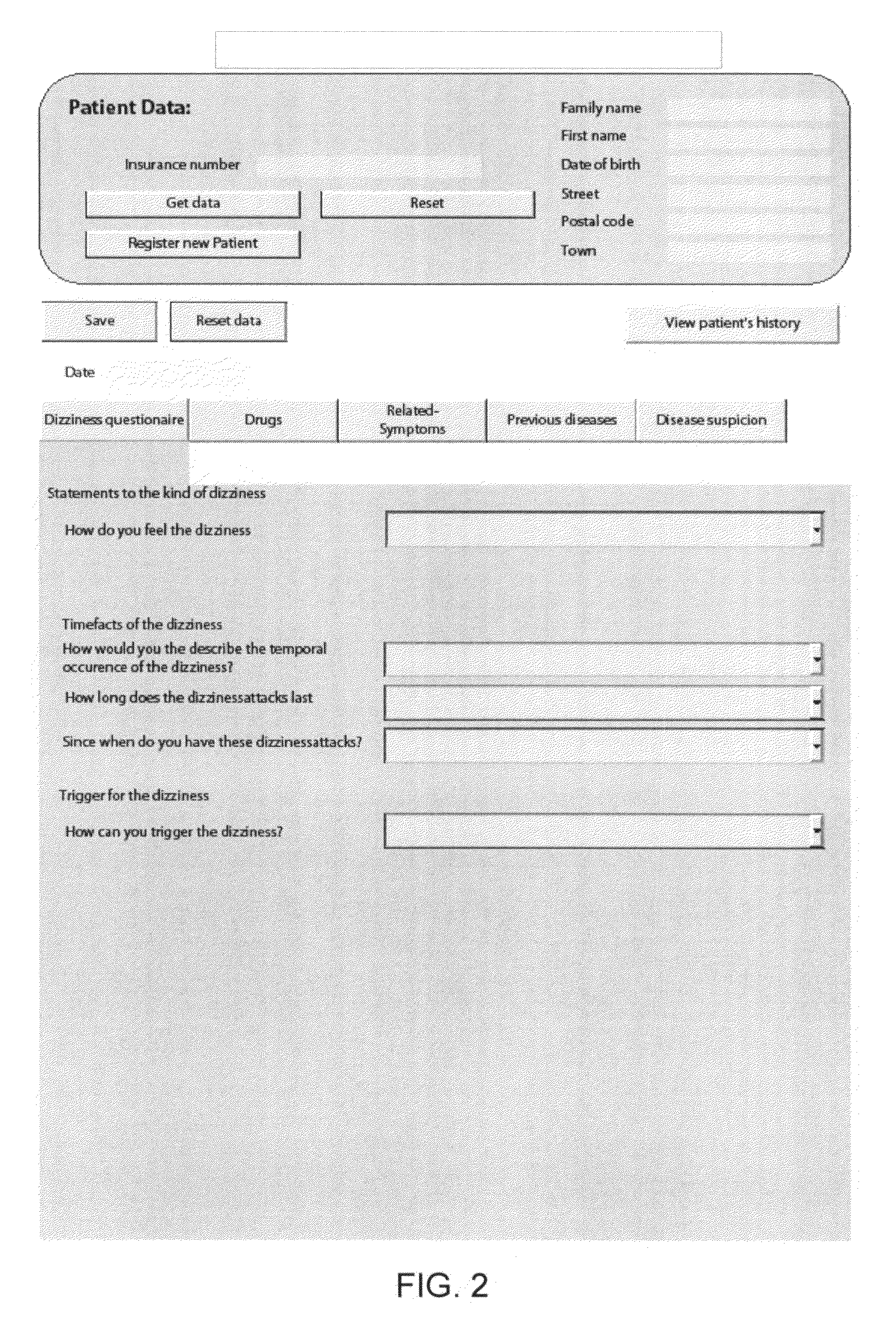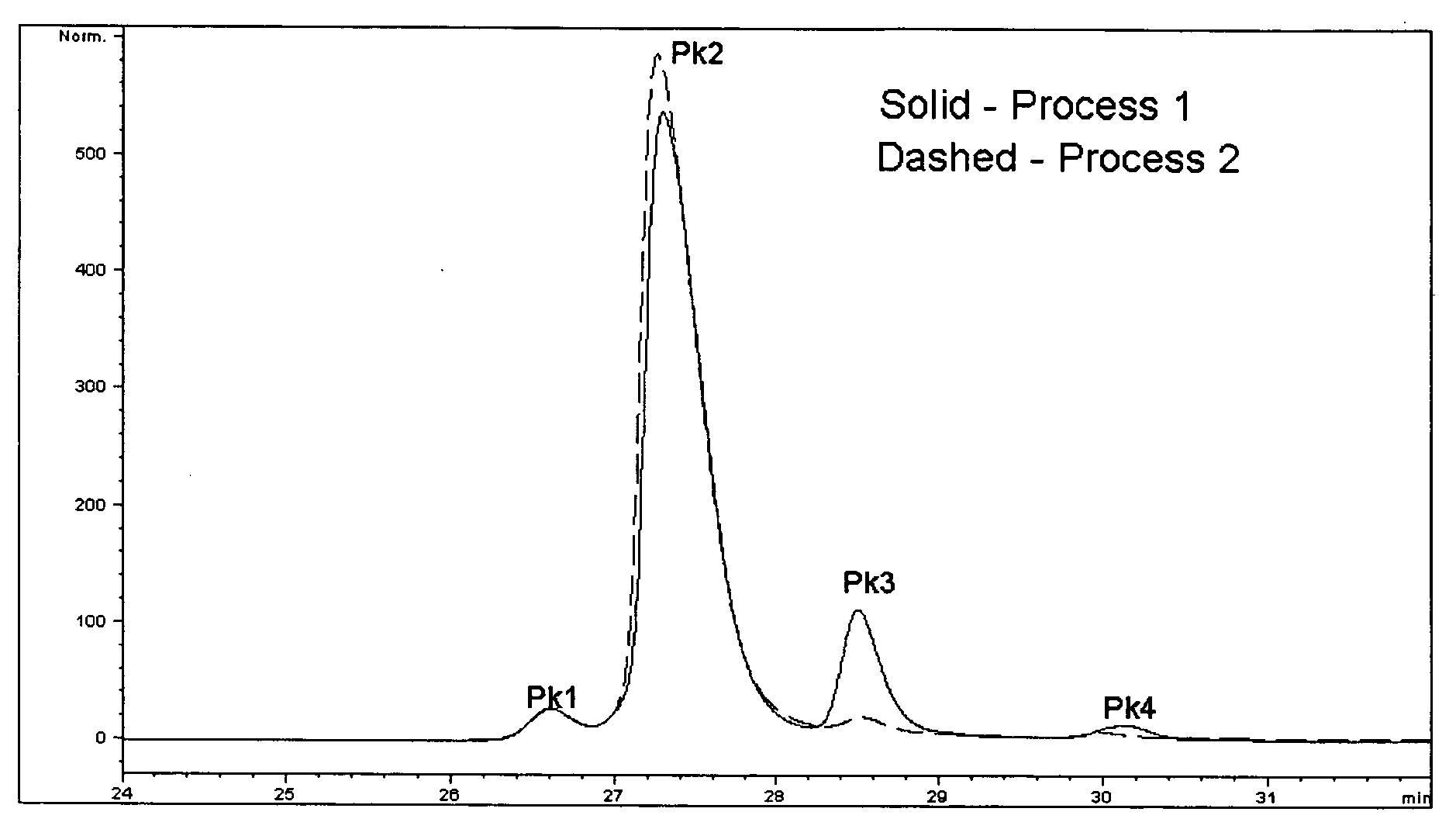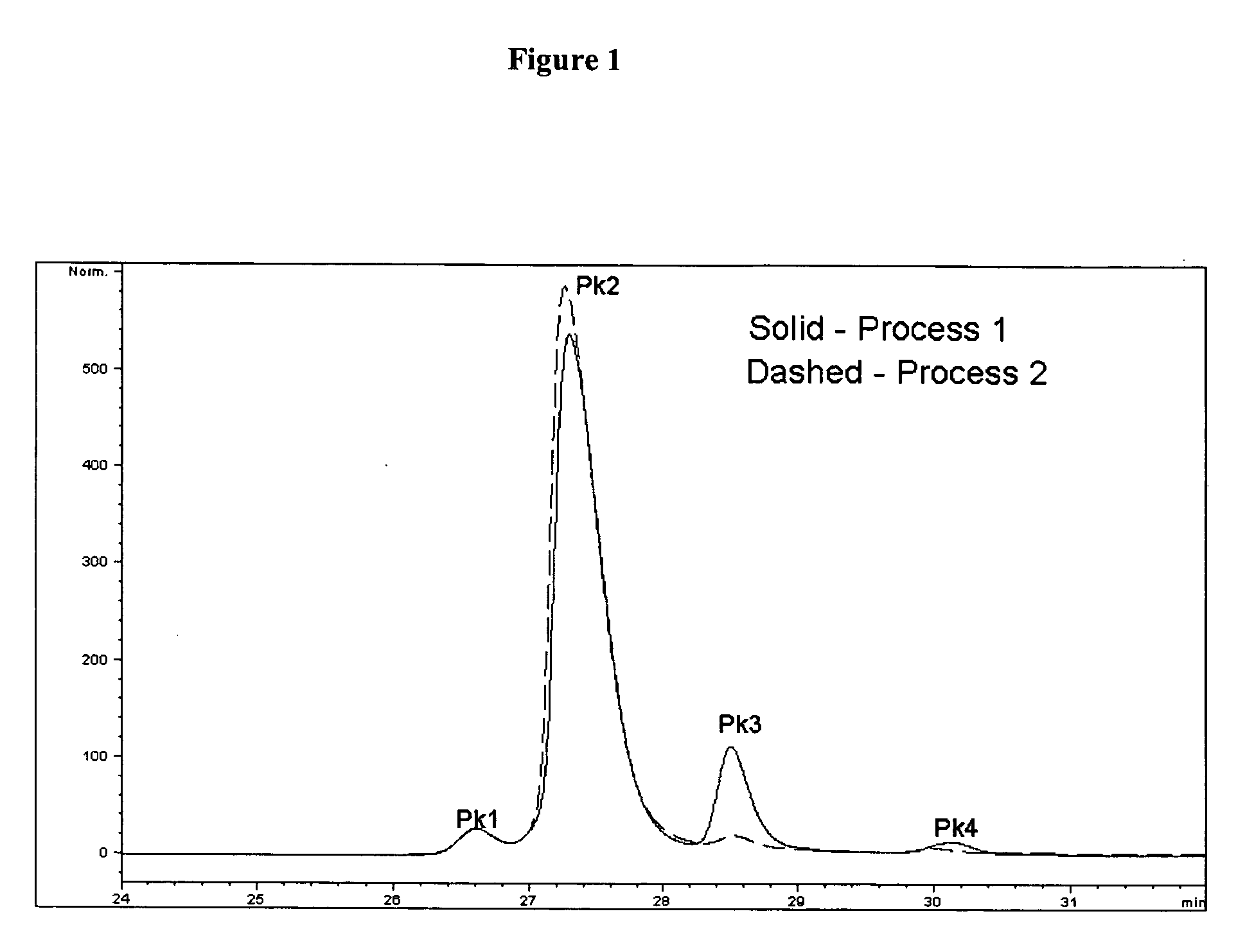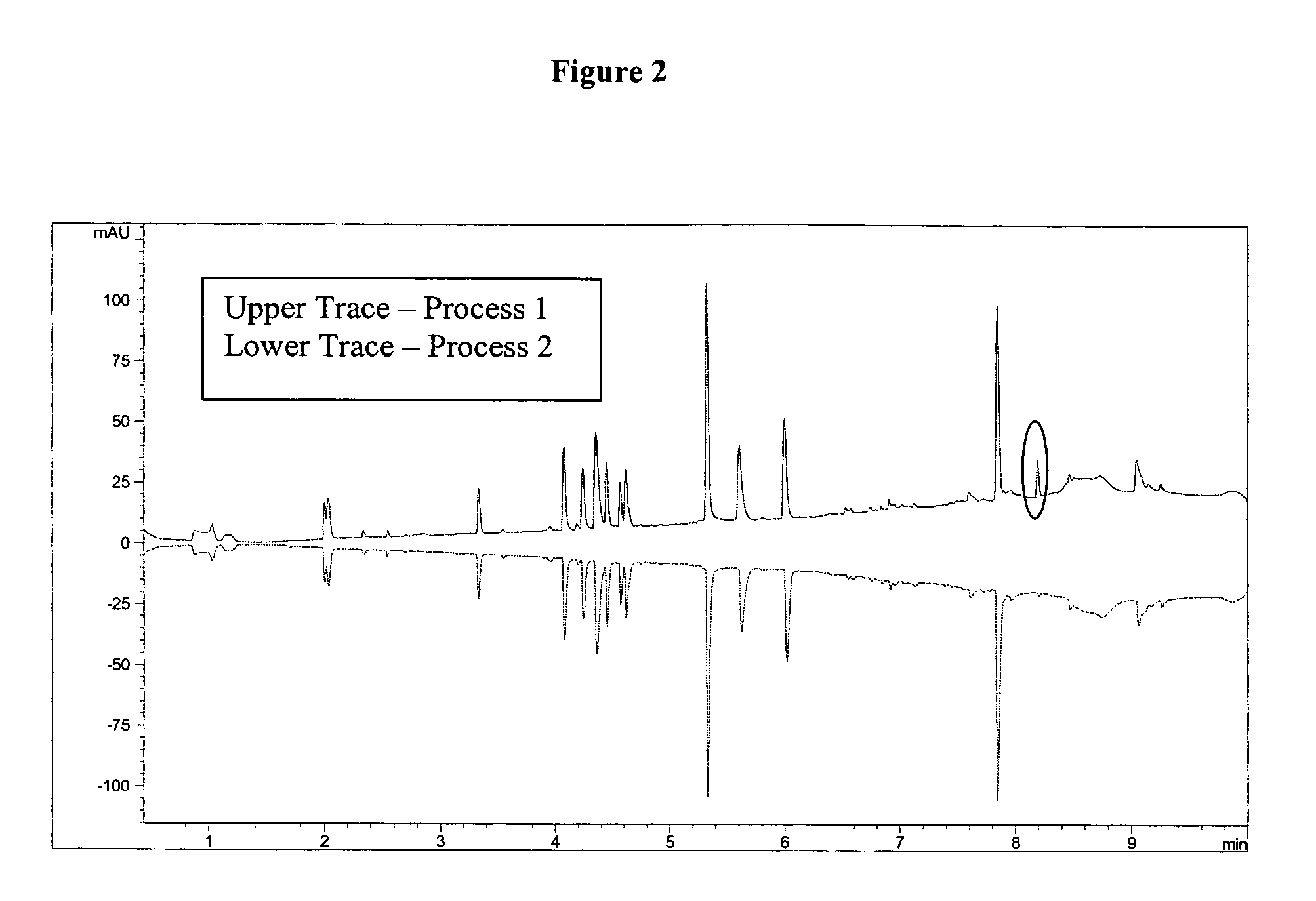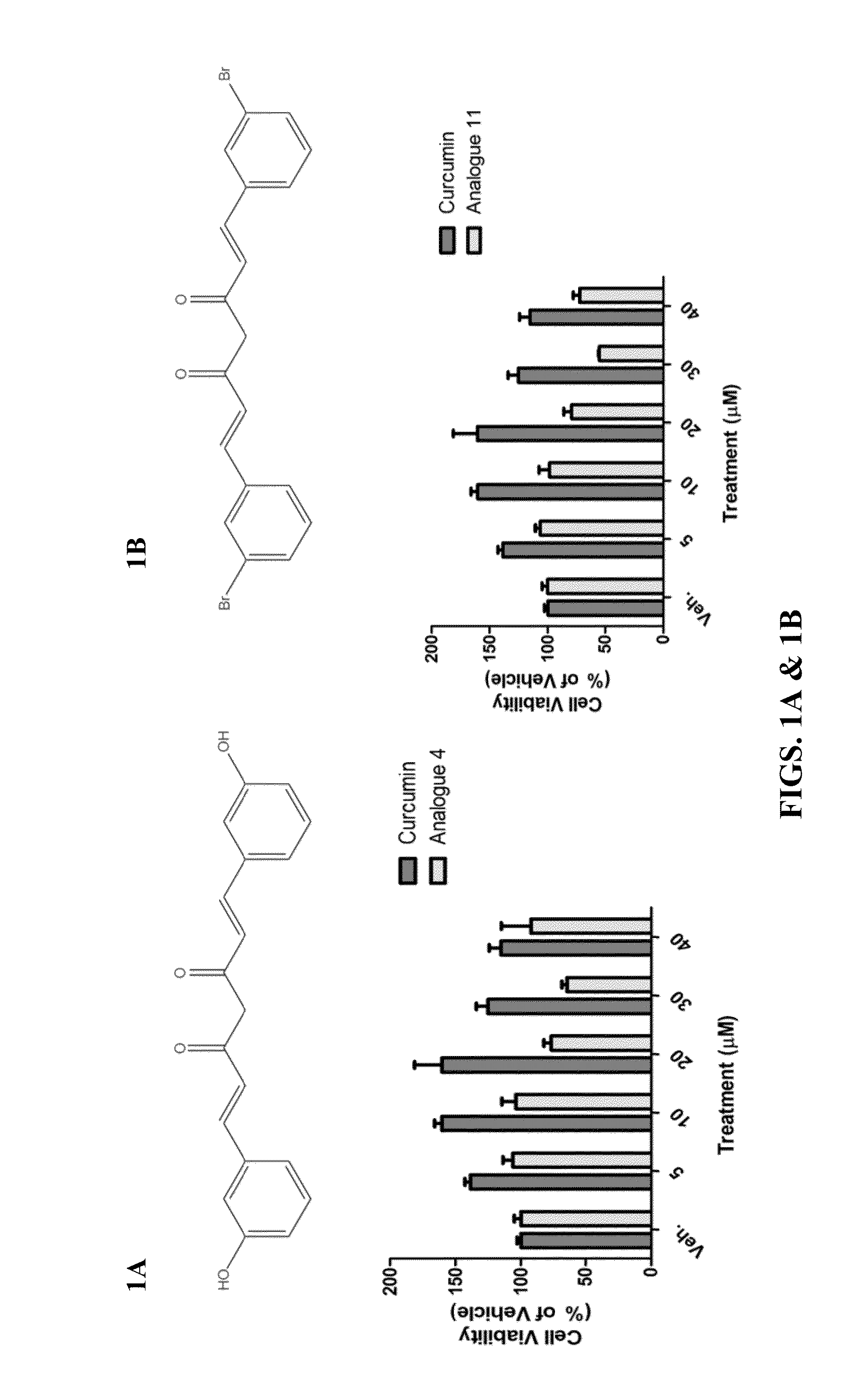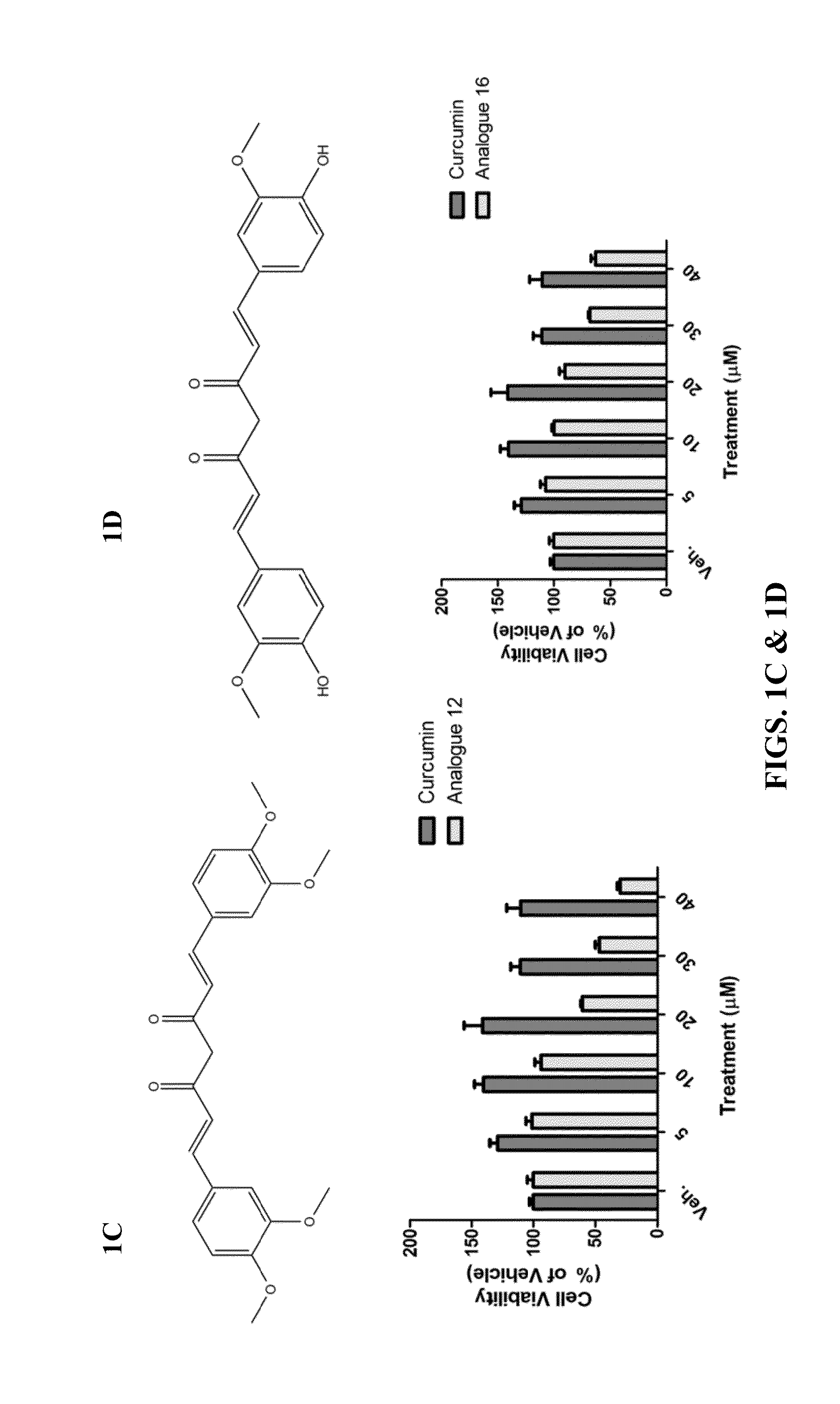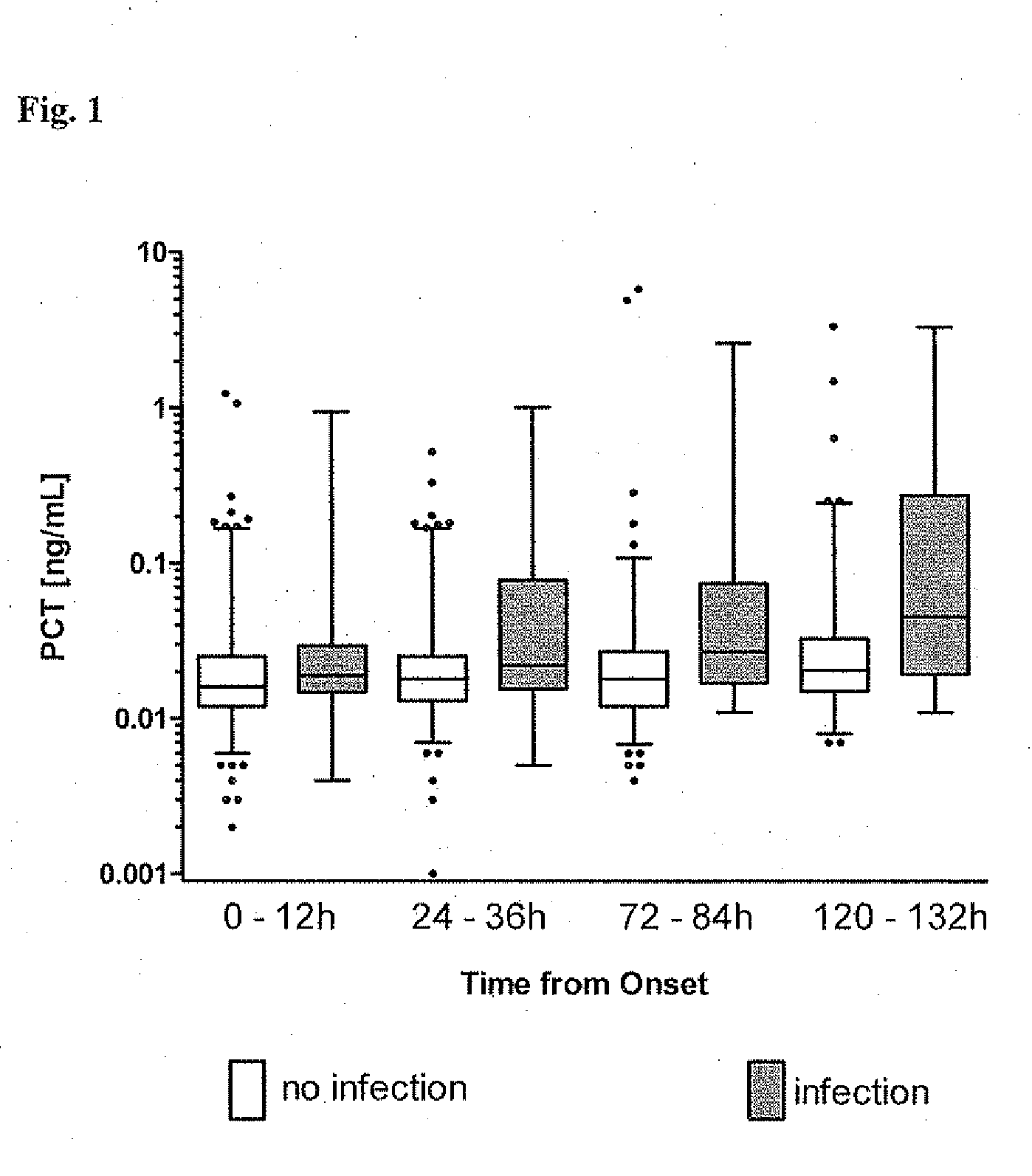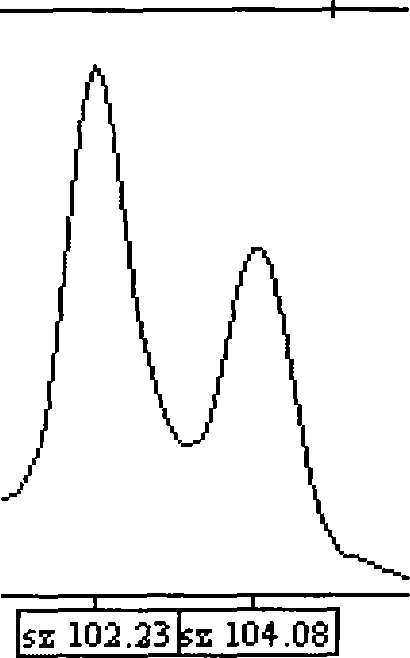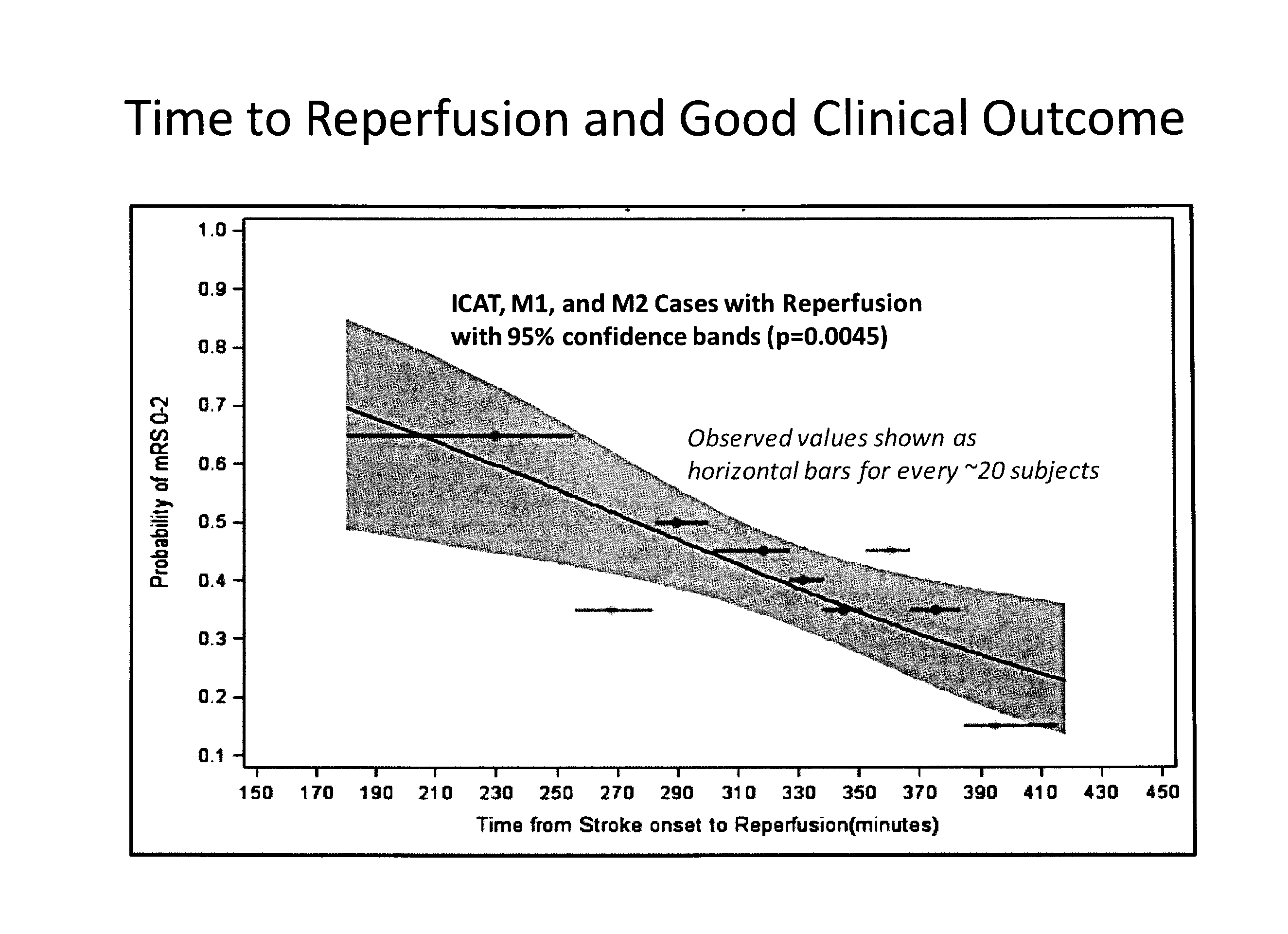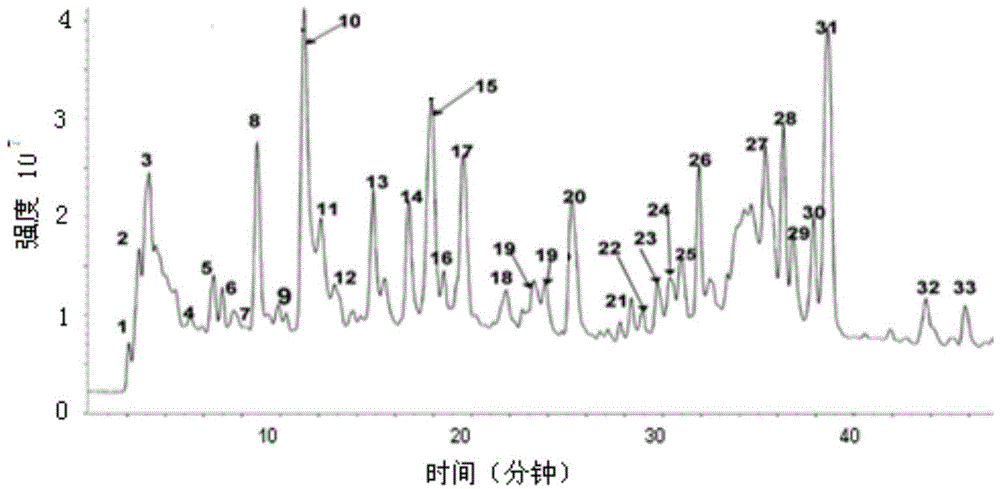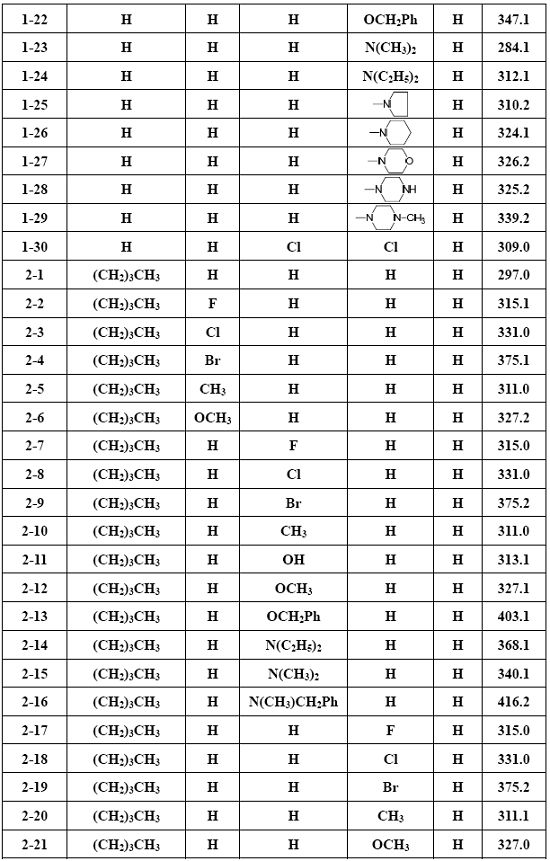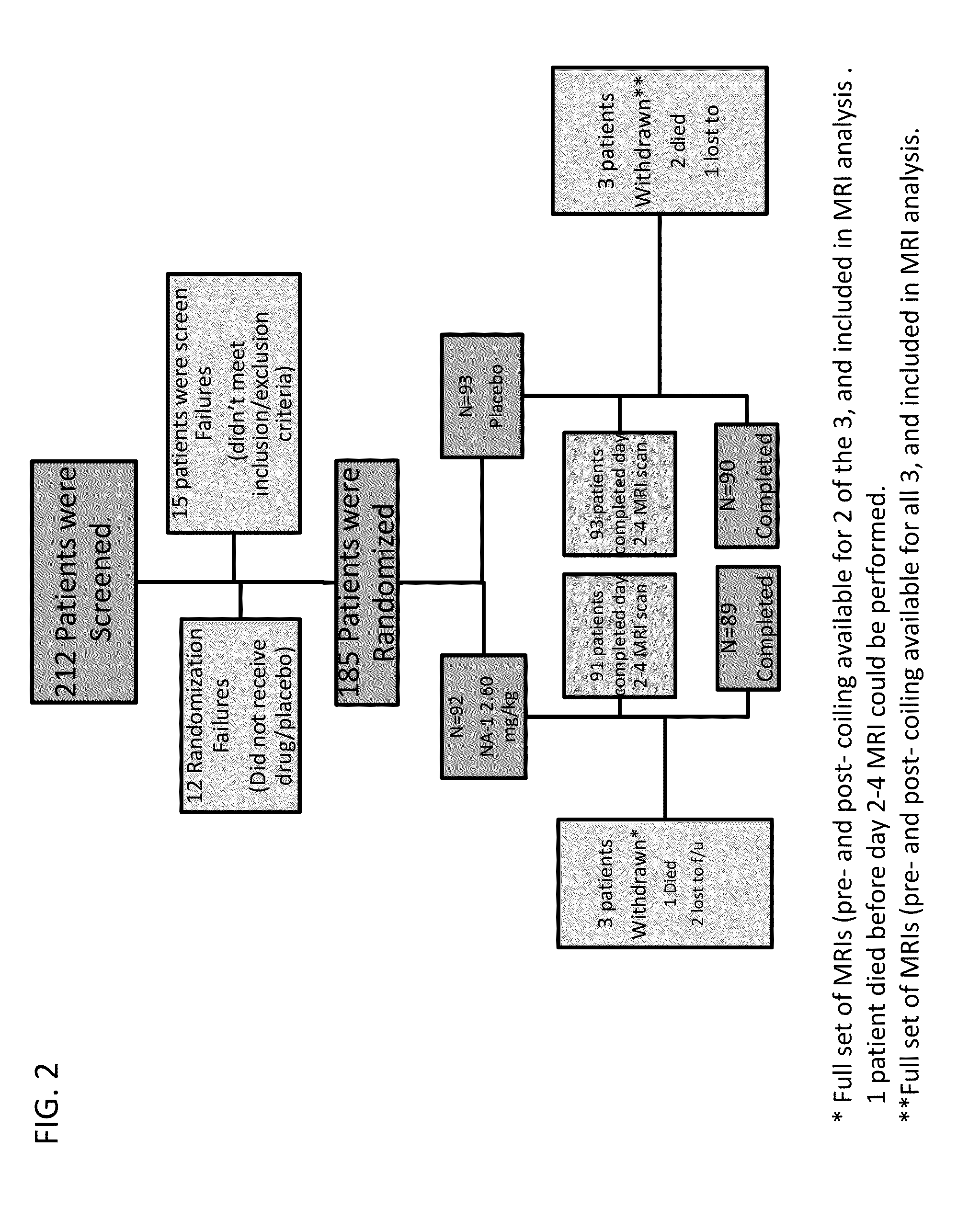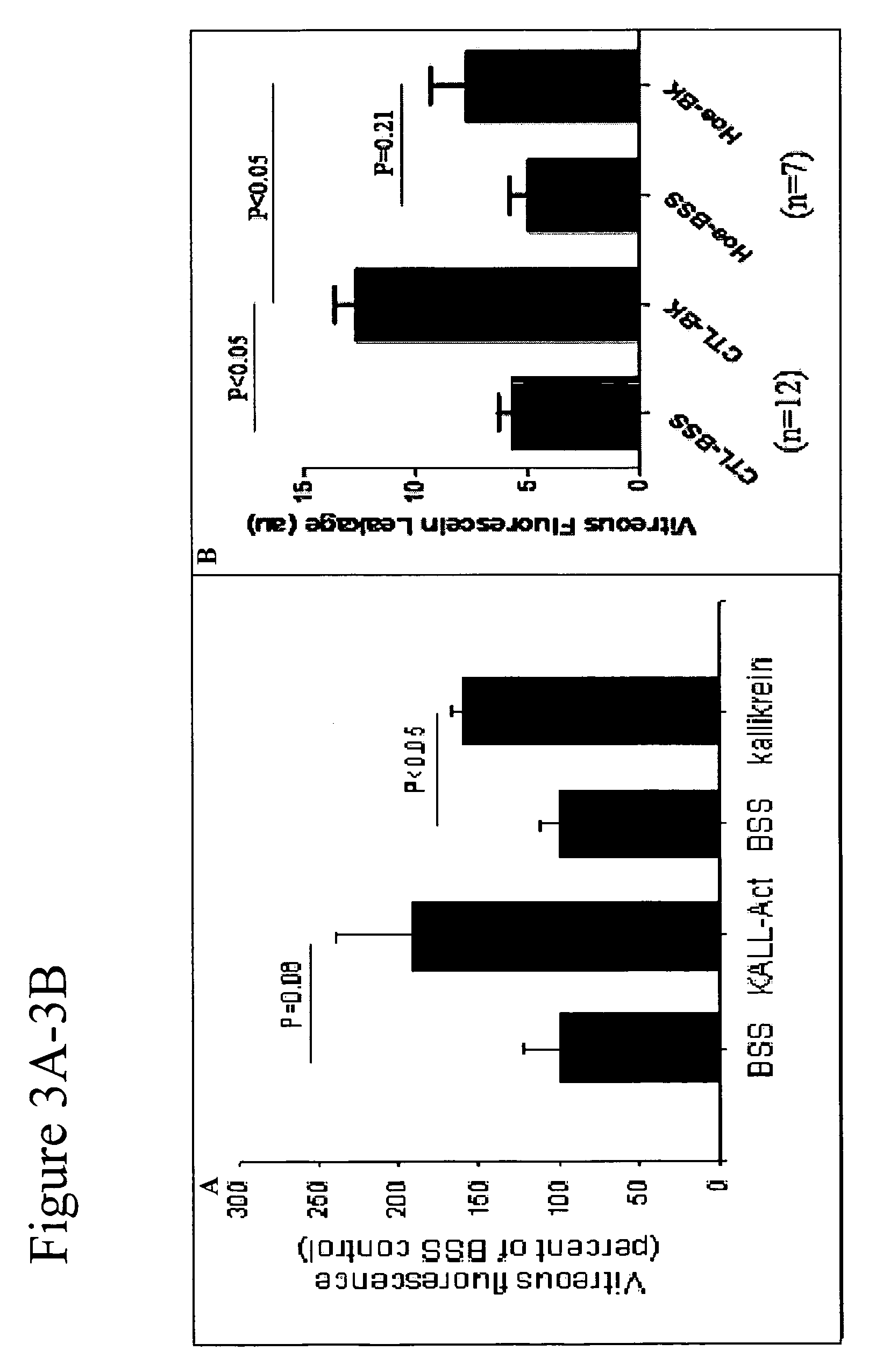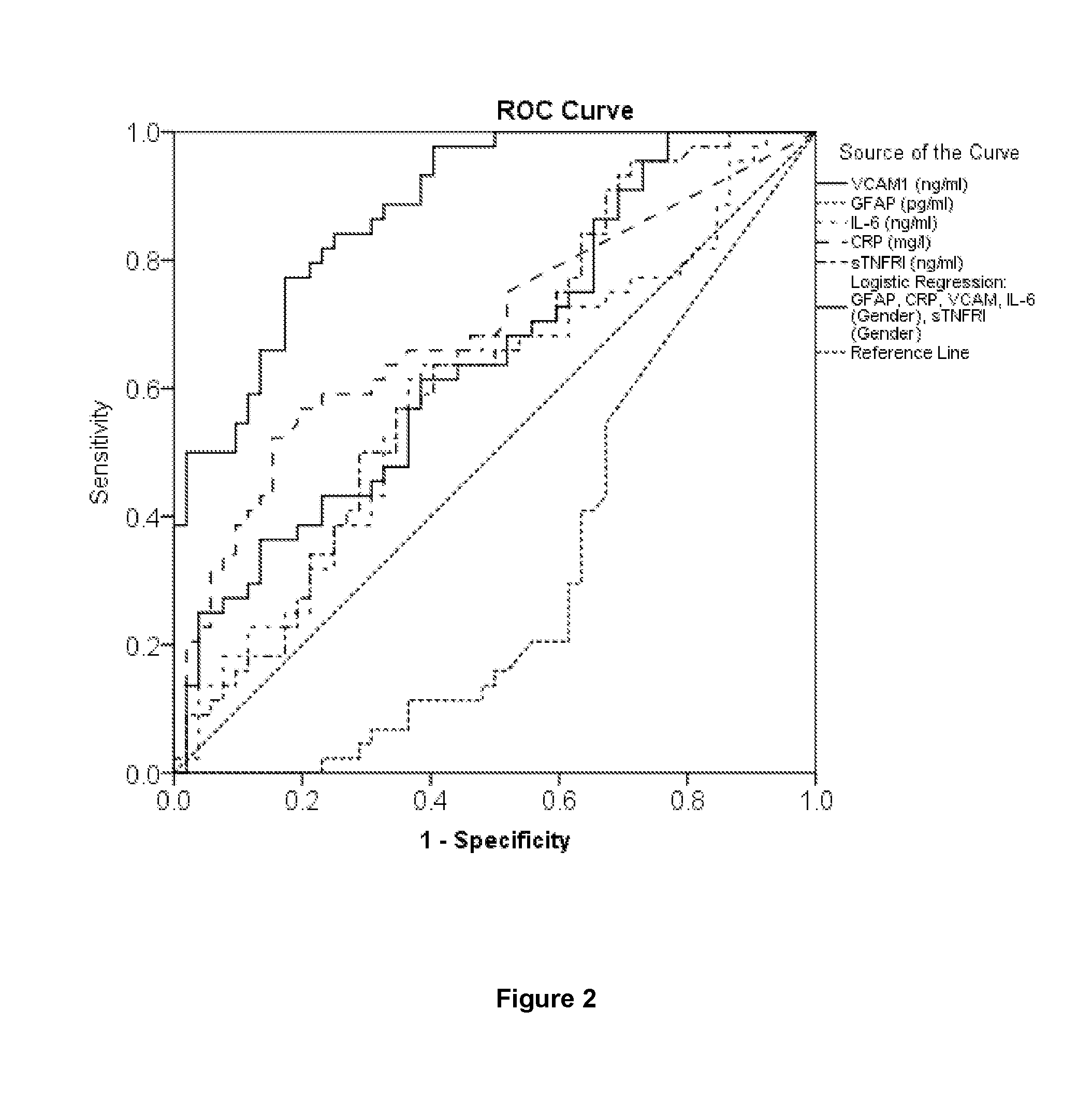Patents
Literature
Hiro is an intelligent assistant for R&D personnel, combined with Patent DNA, to facilitate innovative research.
104 results about "Hemorrhagic strokes" patented technology
Efficacy Topic
Property
Owner
Technical Advancement
Application Domain
Technology Topic
Technology Field Word
Patent Country/Region
Patent Type
Patent Status
Application Year
Inventor
About 13 percent of strokes are hemorrhagic. These are strokes that are caused by a rupture in a blood vessel in the brain. The majority of strokes are ischemic. A hemorrhagic stroke is also called an intracerebral hemorrhage, or an ICH.
Compounds and methods for treatment of stroke
The present invention relates to methods and agents useful for the treatment of stroke, including ischemic stroke and hemorrhagic stroke. In particular, methods and agents for treating stroke in a subject are provided, wherein the agent is administered prior to diagnosis of the stroke as an ischemic stroke or a hemorrhagic stroke.
Owner:FIBROGEN INC
Microwave hemorrhagic stroke detector
InactiveUS7226415B2Eliminating unnecessary scanSave livesCatheterRespiratory organ evaluationPulse microwaveNon invasive
The microwave hemorrhagic stroke detector includes a low power pulsed microwave transmitter with a broad-band antenna for producing a directional beam of microwaves, an index of refraction matching cap placed over the patients head, and an array of broad-band microwave receivers with collection antennae. The system of microwave transmitter and receivers are scanned around, and can also be positioned up and down the axis of the patients head. The microwave hemorrhagic stroke detector is a completely non-invasive device designed to detect and localize blood pooling and clots or to measure blood flow within the head or body. The device is based on low power pulsed microwave technology combined with specialized antennas and tomographic methods. The system can be used for rapid, non-invasive detection of blood pooling such as occurs with hemorrhagic stoke in human or animal patients as well as for the detection of hemorrhage within a patient's body.
Owner:RGT UNIV OF CALIFORNIA
Use of a mast cell activation or degranulation blocking agent in the manufacture of a medicament for the treatment of cerebral ischemia
InactiveUS20060276455A1Influence permeabilityIncrease the number ofBiocideAnimal repellantsCardiorespiratory arrestSubarachnoid hemorrhage
The invention concerns the use of a mast cell activation- or degranulation-blocking agent in the manufacture of a medicament for the treatment of cerebral ischemia. The invention also relates to treatment of patients suffering from acute ischemic stroke, acute hemorrhagic stroke, subarachnoid hemorrhage, cerebral venous thrombosis or global cerebral ischemia associated with cardiac arrest. Further, the invention provides compositions of contrast media or similar exogenous media, which are intended for use in diagnostic or therapeutic applications for introduction into the intravascular, intrathecal or the intracranial space, comprising a mast cell degranulation-blocking and / or mast cell activation-blocking agent.
Owner:LICENTIA OY
Therapy for subarachnoid hemorrhage and ischemia
ActiveUS20130156704A1Relieve painAvoid developmentNervous disorderPeptide/protein ingredientsAneurysm ruptureClinical trial
The application provides data from a clinical trial of a PSD-95 inhibitor in subjects undergoing endovascular repair of an aneurysm in or otherwise affecting the CNS. The subjects were stratified by whether the aneurysm ruptured before performing the endovascular surgery. Rupture is associated with higher mortality or increased debilitation if a subject survives. The trial provided evidence of significant benefit in subjects with and without aneurysm rupture before endovascular was surgery performed. Surprisingly, the subjects benefiting most from treatment as judged both by pathology and neurocognitive outcome were those in which the aneurysm had ruptured causing a subarachnoid hemorrhage. These data constitute evidence that a PSD-95 inhibitor is beneficial not only in ischemic and hemorrhagic stroke but in forms of hemorrhage in or affecting the CNS, particularly, subarachnoid hemorrhage.
Owner:NONO INC
Application of ferulic acid derivative as neuroprotective drug
InactiveCN104958287AReduce inflammatory damageReduce free radical damageOrganic active ingredientsNervous disorderNeuroprotective DrugsNerve cells
The invention relates to application of a ferulic acid derivative to preparation of drugs for treating and / or preventing neurodegenerative diseases related to nerve cell injury. The neurodegenerative diseases includes but not limited Alzheimer's disease, vascular dementia, Parkinson's disease, multiple sclerosis, diabetic neuropathy, ischemia stroke and hemorrhagic stroke.
Owner:SICHUAN UNIV
Self-sealing catheters
InactiveUS20130184660A1Easy to closeFast degradationMulti-lumen catheterDiagnosticsEngineeringCatheter
Provided are catheters useful for penetrating the vascular wall and delivering medicament as necessary to tissue proximate the vasculature. Such catheters are particularly useful in delivering site specific medicaments to the tissue which can be damaged by hemorrhagic stroke, ischemia, and the like. Methods of using such catheters are also disclosed.
Owner:WALKILL CONCEPTS
Chinese medicine naoxueshu preparations
ActiveCN101279018ANo side effectsSignificant effectPharmaceutical delivery mechanismCardiovascular disorderBiologyRhizome
The invention relates to a traditional Chinese medicine preparation for relieving cerebrovascular, in particular to a traditional Chinese medicine for curing hemorrhagic stroke and a preparation method thereof. The preparation of the invention is prepared by traditional Chinese medicine raidx astragali, sanguisuga, acorus gramineus, twotooth achyranthes root, tree peony bark, rhubarb and szechuan lovage rhizome.
Owner:SHANDONG WOHUA PHARMACEUTICALS CO LTD
Methods for treatment of kallikrein-related disorders
InactiveUS20110065757A1Reduce severityIncreased risk of developingBiocideNervous disorderDiabetic retinopathyKinin
We have identified classes of kallikrein inhibitors as compounds that are useful in the reduction of vascular permeability (e.g., retinal vascular permeability and cerebral vascular permeability) and astrocyte activation. Diseases and conditions associated with increased vascular permeability include diabetic retinopathy, hemorrhagic stroke, and macular edema. Diseases and conditions associated with astrocyte activation include Alzheimer's disease, multiple sclerosis, Parkinson's disease, amyotrophic lateral sclerosis, Creutzfeldt-Jakob disease, stroke, epilepsy, and brain trauma.
Owner:JOSLIN D ABETES CENTER INC +1
Systems and methods for diagnosing strokes
ActiveUS20150254837A1Quick diagnosis and treatmentImage enhancementMedical imagingPathologyHemorrhagic strokes
The invention relates to systems and methods for diagnosing strokes. In particular, systems and methods for acquiring timely patient status information are described that enable a physician to make diagnostic and treatment decisions relating to ischemic and hemorrhagic strokes. The systems and methods enable the efficient and quantitative assessment of arterial collaterals within the brain for aiding these decisions in the case of ischemic strokes. In the case of hemorrhagic strokes, the systems and methods are effective in determining if there is a leak and what is the rate of leaking.
Owner:MG STROKE ANALYTICS INC
Compositions and methods for treatment of stroke and other CNS disorders
InactiveUS20200255530A1Pharmaceutical delivery mechanismImmunoglobulins against cell receptors/antigens/surface-determinantsDiseaseArachnoids
The invention relates to methods of treating stroke comprising administration of a VLA-4 antagonist to a subject after the onset of the stroke, e.g., ischemic stroke (e.g., acute ischemic stroke) or hemorrhagic stroke (e.g., intracerebral hemorrhage), sub-arachnoid hemorrhage, or traumatic brain injury. Kits and articles of manufacture are also described herein.
Owner:BIOGEN MA INC
Therapy for subarachnoid hemorrhage and ischemia
The application provides data from a clinical trial of a PSD-95 inhibitor in subjects undergoing endovascular repair of an aneurysm in or otherwise affecting the CNS. The subjects were stratified by whether the aneurysm ruptured before performing the endovascular surgery. Rupture is associated with higher mortality or increased debilitation if a subject survives. The trial provided evidence of significant benefit in subjects with and without aneurysm rupture before endovascular was surgery performed. Surprisingly, the subjects benefitting most from treatment as judged both by pathology and neurocognitive outcome were those in which the aneurysm had ruptured causing a subarachnoid hemorrhage. These data constitute evidence that a PSD-95 inhibitor is beneficial not only in ischemic and hemorrhagic stroke but in forms of hemorrhage in or affecting the CNS, particularly, subarachnoid hemorrhage.
Owner:NONO INC
Therapy for treatment or prevention of conditions associated with bleeding or hypocoagulation
ActiveUS10407488B2High specific activityIncrease resistancePowder deliveryPeptide/protein ingredientsHalf-lifeOverproduction
Owner:RGT UNIV OF CALIFORNIA +1
Method and system for differential diagnosis neuro solution
A system and method for diagnosing neurological syndromes is described. A form-based data entry device is used to collect data about the current state of the patient, and the data is supplemented by such data as may be available for a patient history medical data base. A rule-based analysis engine is used to process the data so as to produce a diagnosis of one of ischemic stroke, hemorrhagic stroke, or other non-stroke syndrome, and a suitable care path recommended. The rule-based engine may be modified to reflect the capabilities and diagnostic equipment suite available at a specific medical facility, and to implement a version of an approved medical protocol consistent with the local constraints. The diagnosis is linkable to a suitable care path plan. Some of all of the form-based data may be entered by emergency personnel while the patient is in transit to the treatment facility.
Owner:SIEMENS AG
Fibroblast growth factor 20 and methods of use thereof
InactiveUS20080287349A1Reduce severityImpede advancementOrganic active ingredientsPeptide/protein ingredientsMedicineJoint disease
The present invention relates to compositions and methods for preventing and treating a disease (e.g., a joint disease, ischemic stroke, hemorrhagic stroke, trauma, spinal cord damage, heavy metal or toxin poisoning, or neurodegenerative diseases). More particularly, the present invention provides methods for preventing and / or treating a disease (e.g., a joint disease, ischemic stroke, hemorrhagic stroke, trauma, spinal cord damage, heavy metal or toxin poisoning, or neurodegenerative diseases) by using compositions comprising FGF-20, a fragment, a derivative, a variant, a homolog, or an analog thereof.
Owner:CURAGEN CORP
Protective Effects of Curcumin Against Hemorrhagic Stroke Injury
ActiveUS20150087705A1Reduce disruptionIncrease neurological outcome scoreBiocideOrganic chemistryMedicineActivated Lymphocyte
Disclosed herein are compounds, compositions and methods for preventing and treating diseases such as intracerebral hemorrhage, cancer, or conditions associated with damaged cells, activated lymphocytes, or microbial products. The disclosed compounds are curcumin analogs. The curcumin analogs possess anti-inflammatory and antioxidant properties, which in part, reduce AP-1 and NF-κB activity.
Owner:EAST CHINA NORMAL UNIV +1
Procalcitonin for the diagnosis of bacterial infections and guidance of antibiotic treatment in patients with acute stroke or transient ischemic attack
ActiveUS20110086831A1Improve patient outcomesHigh sensitivityAntibacterial agentsMicrobiological testing/measurementAntibioticsAcute ischemia
The present invention relates to an in vitro method for the diagnosis and treatment guidance of a bacterial infection in patients suffering from an acute ischemic or hemorrhagic stroke, comprising the determination of the level of Procalcitonin (PCT) or a fragment thereof having at least 12 amino acid residues in a sample of a bodily fluid from said patient and the correlation of the determined level to the diagnosis of a bacterial infection in said patient.
Owner:BRAHMS GMBH
Galanin Receptors and Brain Injury
InactiveUS20080020975A1Minimizing unwantedMinimizing harmful peripheral side effectAntibacterial agentsBiocideExtracorporeal circulationSpinal cord
There is provided the use of a GALR2-specific agonist in the preparation of a medicament for the prevention or treatment of brain injury, damage or disease, wherein the brain injury or damage is caused by one of: embolic, thrombotic or haemorrhagic stroke; direct or indirect trauma or surgery to the brain or spinal cord; ischaemic or embolic damage to the brain during cardiopulmonary bypass surgery or renai dialysis; reperfusion brain damage following myocardial infarction; brain disease; chemical damage as the result of excess alcohol consumption or administration of chemotherapy agents for cancer treatment; radiation damage; or immunological damage as the result of bacterial or virai infection. The brain disease may be one of Alzheimer's Disease, Parkinson's Disease, Multiple Sclerosis or variant Creutzfeld Jacob Disease.
Owner:WYNICK DAVID
Method and reagent kit for forecasting susceptibility of incidence of intracerebral haemorrhage
InactiveCN101245392AHigh sensitivityImprove accuracyMicrobiological testing/measurementDNA/RNA fragmentationCvd riskBiology
The invention discloses a method for forecasting hemorrhagic stroke susceptibility, which pertains to the medical biotechnology and the genetic diagnosis field. The method for forecasting the hemorrhagic stroke susceptibility determines the genotype of ANGPT1 gene polymorphism 3379 site (rs2507800) of a subject and forecasts the hemorrhagic stroke susceptibility of the subject by extracting the host cell genome DNA; when the ANGPT1 genotype is AA homozygous, the susceptibility of the subject is highest; and the risk of increasing the hemorrhagic stroke is 1.96 times. The single nucleotide polymorphism (SNP) of the ANGPT1 gene of the invention has the nucleic acid sequences site which is shown in SEQ ID NO.1, and is one of the high-risk sites that are related to the incidence of the hemorrhagic stroke. The method has the advantages that: the relevance of the ANGPT1 gene polymorphism site with hemorrhagic stroke is firstly expounded, the method for forecasting hemorrhagic stroke susceptibility is provided, and the method can be used for the prevention, the auxiliary diagnosis and treatment of hemorrhagic stroke, as well as the development of new drugs.
Owner:FUWAI HOSPITAL OF CARDIOVASCULAR DESEASE CHINESE ACAD OF MEDICAL SCI
Systems and methods for diagnosing strokes
ActiveUS9324143B2Quick diagnosis and treatmentUltrasonic/sonic/infrasonic diagnosticsImage enhancementPatient statusNuclear medicine
The invention relates to systems and methods for diagnosing strokes. In particular, systems and methods for acquiring timely patient status information are described that enable a physician to make diagnostic and treatment decisions relating to ischemic and hemorrhagic strokes. The systems and methods enable the efficient and quantitative assessment of arterial collaterals within the brain for aiding these decisions in the case of ischemic strokes. In the case of hemorrhagic strokes, the systems and methods are effective in determining if there is a leak and what is the rate of leaking.
Owner:MG STROKE ANALYTICS INC
Extraction method and application of component group of traditional Chinese medicine extract for treating hemorrhagic stroke
The invention discloses an extraction method and an application of a component group of a traditional Chinese medicine extract for treating hemorrhagic stroke. The extraction method comprises the following steps: after crushing rheum officinale, cortex moutan, red peony roots, dried radix rehmanniae and pseudo-ginseng in a certain weight ratio, adding water to decoct and extract; after extracting an extraction liquid by using dichloromethane, extracting a water layer by using n-butyl alcohol; and recovering and drying the n-butyl alcohol extraction liquid to obtain the component group of the traditional Chinese medicine extract. Analyzed by HPLC-MS, the traditional Chinese medicine extract is prepared from 33 components: paeoniflorins, tannins, paeonosides, anthraquinones, stilbenes, saponins and iridoid glycosides and can be used for remarkably reducing levels of neuronspecific enolase of essential hypertension male rats, S-100beta proteins, IL-1, TNF-alpha and plasma fibrinogen and can be used for preparing the medicine for treating hemorrhagic stroke.
Owner:NANJING UNIVERSITY OF TRADITIONAL CHINESE MEDICINE
Procalcitonin for the diagnosis of bacterial infections and guidance of antibiotic treatment in patients with acute stroke or transient ischemic attack
ActiveUS8383332B2High sensitivityImprove patient outcomesAntibacterial agentsMicrobiological testing/measurementAntibioticsAcute ischemia
The present invention relates to an in vitro method for the diagnosis and treatment guidance of a bacterial infection in patients suffering from an acute ischemic or hemorrhagic stroke, comprising the determination of the level of Procalcitonin (PCT) or a fragment thereof having at least 12 amino acid residues in a sample of a bodily fluid from said patient and the correlation of the determined level to the diagnosis of a bacterial infection in said patient.
Owner:BRAHMS GMBH
Pyridine methylamino phthalide compound and preparation method and application thereof
InactiveCN112010837AHigh inhibition rateOrganic active ingredientsSenses disorderHuntingtons choreaNervous system
The invention discloses a novel pyridine methylamino phthalide compound (I) and pharmaceutically acceptable salts, a preparation method and a pharmaceutical composition thereof and application thereofin preparation of medicines for treating and / or preventing nervous system related diseases. The diseases include but are not limited to vascular dementia, Alzheimer's disease, Parkinson's disease, Huntington's disease, HIV related dementia, multiple sclerosis, amyotrophic lateral sclerosis, neuropathic pain, glaucoma, cerebral arterial thrombosis, cerebral hemorrhagic stroke, nerve injury causedby cerebral trauma and the like.
Owner:SICHUAN UNIV
Salicylamide compound preparation method and application thereof
ActiveCN111170884AInhibition of productionThe dose-effect relationship is obviousSenses disorderNervous disorderHuntingtons choreaNervous system
The invention discloses a class of novel salicylamide compounds (I) and a pharmaceutically acceptable salt thereof, a preparation method and a pharmaceutical composition thereof, and applications of the novel salicylamide compounds (I) and the pharmaceutically acceptable salt thereof in preparation of drugs for treating and / or preventing nervous system related diseases, wherein the diseases include but are not limited to vascular dementia, Alzheimer's disease, Parkinson's disease, Huntington's disease, HIV related dementia, multiple sclerosis, amyotrophic lateral sclerosis, neuropathic pain, glaucoma, cerebral arterial thrombosis, cerebral hemorrhagic stroke, nerve injury caused by cerebral trauma and the like.
Owner:SICHUAN UNIV
Therapy for subarachnoid hemorrhage and ischemia
ActiveUS9241970B2Polypeptide with localisation/targeting motifPeptide/protein ingredientsAneurysm ruptureClinical trial
The application provides data from a clinical trial of a PSD-95 inhibitor in subjects undergoing endovascular repair of an aneurysm in or otherwise affecting the CNS. The subjects were stratified by whether the aneurysm ruptured before performing the endovascular surgery. Rupture is associated with higher mortality or increased debilitation if a subject survives. The trial provided evidence of significant benefit in subjects with and without aneurysm rupture before endovascular was surgery performed. Surprisingly, the subjects benefiting most from treatment as judged both by pathology and neurocognitive outcome were those in which the aneurysm had ruptured causing a subarachnoid hemorrhage. These data constitute evidence that a PSD-95 inhibitor is beneficial not only in ischemic and hemorrhagic stroke but in forms of hemorrhage in or affecting the CNS, particularly, subarachnoid hemorrhage.
Owner:NONO INC
Therapeutic agent composition and method of use
The invention relates to the use of cyclic Prolyl Glycine (“cyclic PG” or “cPG”) and analogs and mimetics thereof, as neuroprotective agents for the treatment and or prevention of neurological disorders including but not limited to cerebral ischemia or cerebral infarction resulting from a range of phenomena, such as thromboembolic or hemorrhagic stroke, cerebral basospasms, hypoglycemia, cardiac arrest, status epilepticus, perinatal asphyxia, anoxia such as from drowning, pulmonary surgery, and cerebral trauma, as well as to the treatment and prevention of chronic neurodegenerative disorders such as Alzheimer's disease, Parkinson's disease, and Huntington's disease, and as anticonvulsants.
Owner:TRAN LOI H
A kind of extraction method and application of Chinese medicine extract component group for treating hemorrhagic stroke
The invention discloses an extraction method and an application of a component group of a traditional Chinese medicine extract for treating hemorrhagic stroke. The extraction method comprises the following steps: after crushing rheum officinale, cortex moutan, red peony roots, dried radix rehmanniae and pseudo-ginseng in a certain weight ratio, adding water to decoct and extract; after extracting an extraction liquid by using dichloromethane, extracting a water layer by using n-butyl alcohol; and recovering and drying the n-butyl alcohol extraction liquid to obtain the component group of the traditional Chinese medicine extract. Analyzed by HPLC-MS, the traditional Chinese medicine extract is prepared from 33 components: paeoniflorins, tannins, paeonosides, anthraquinones, stilbenes, saponins and iridoid glycosides and can be used for remarkably reducing levels of neuronspecific enolase of essential hypertension male rats, S-100beta proteins, IL-1, TNF-alpha and plasma fibrinogen and can be used for preparing the medicine for treating hemorrhagic stroke.
Owner:NANJING UNIVERSITY OF TRADITIONAL CHINESE MEDICINE
Array type infrared thermal imager and application of array type infrared thermal imager to identifying ischemic stroke and hemorrhagic stroke at early stage
ActiveCN104958062AEasy to operateLess distracting to operateSensorsTelemetric patient monitoringArray elementForehead
The invention provides an array type infrared thermal imager. The array type infrared thermal imager comprises an array type infrared receiver, and the array type infrared receiver is used for receiving spontaneous infrared radiation of the human body and has five array elements including a left temporal receiver (1), a left forehead receiver (2), a glabellar receiver (3), a right forehead receiver (4) and a right temporal receiver (5); in the horizontal direction, the distances between the temporal receivers and the forehead receivers are 4.5 cm, and the distances between the forehead receivers and the glabellar receiver are 3.6 cm; and in the vertical direction, the left forehead receiver (2) and the right forehead receiver (4) are 2 cm higher than the glabellar receiver (3), and the left temporal receiver (1) and the right temporal receiver (5) are equal to the glabellar receiver (3) in height. The array type five-channel infrared thermal imager is provided, the array structure is in accordance with anatomical features of the head of the human body, and temperature measurement and imaging on the two sides of the head can be simultaneously carried out at a time; and under the condition that an imaging device does not exist, more time is won for treating a patient suffering from the ischemic stroke, and cranium temperature detection serves as the basis of differential diagnosis of the ischemic stroke and the hemorrhagic stroke for the first time.
Owner:THE FIRST AFFILIATED HOSPITAL OF THIRD MILITARY MEDICAL UNIVERSITY OF PLA
Methods for treatment of kallikrein-related disorders
InactiveUS8658685B2Reduce likelihood of occurrence and severity of diseaseIncreased riskBiocideNervous disorderDiabetic retinopathyKinin
We have identified classes of kallikrein inhibitors as compounds that are useful in the reduction of vascular permeability (e.g., retinal vascular permeability and cerebral vascular permeability) and astrocyte activation. Diseases and conditions associated with increased vascular permeability include diabetic retinopathy, hemorrhagic stroke, and macular edema. Diseases and conditions associated with astrocyte activation include Alzheimer's disease, multiple sclerosis, Parkinson's disease, amyotrophic lateral sclerosis, Creutzfeldt-Jakob disease, stroke, epilepsy, and brain trauma.
Owner:JOSLIN D ABETES CENTER INC +1
Method for Aiding Differential Diagnosis of Stroke
The present invention provides a method of aiding the differential diagnosis of haemorrhagic stroke, ischemic stroke and a transient ischemic attack in a patient who has suffered or is suffering a stroke. The method comprises: (i) determining the concentration of the biomarkers VCAM-1, GFAP and CRP in an ex vivo sample obtained from the patient; and (ii) establishing the statistical significance of the concentration of the biomarkers. Optionally, the method further comprises steps of (iii) determining the concentration of the biomarkers IL-6 and sTNFR1 in an ex vivo sample obtained from the patient; (iv) determining the gender of the patient; and (v) establishing the statistical significance of the concentration of the five biomarkers, in conjunction with the patient's gender. The present invention also provides substrates comprising probes for VCAM-1, GFAP and CRP for use in a method for aiding the differential diagnosis of stroke.
Owner:NORTHERN BANK LTD
Chinese medicine naoxueshu preparations
ActiveCN101279018BNo side effectsSignificant effectPharmaceutical delivery mechanismCardiovascular disorderRhizomeAcorus gramineus
The invention relates to a traditional Chinese medicine preparation for relieving cerebrovascular, in particular to a traditional Chinese medicine for curing hemorrhagic stroke and a preparation method thereof. The preparation of the invention is prepared by traditional Chinese medicine raidx astragali, sanguisuga, acorus gramineus, twotooth achyranthes root, tree peony bark, rhubarb and szechuanlovage rhizome.
Owner:SHANDONG WOHUA PHARMACEUTICALS CO LTD
Features
- R&D
- Intellectual Property
- Life Sciences
- Materials
- Tech Scout
Why Patsnap Eureka
- Unparalleled Data Quality
- Higher Quality Content
- 60% Fewer Hallucinations
Social media
Patsnap Eureka Blog
Learn More Browse by: Latest US Patents, China's latest patents, Technical Efficacy Thesaurus, Application Domain, Technology Topic, Popular Technical Reports.
© 2025 PatSnap. All rights reserved.Legal|Privacy policy|Modern Slavery Act Transparency Statement|Sitemap|About US| Contact US: help@patsnap.com



